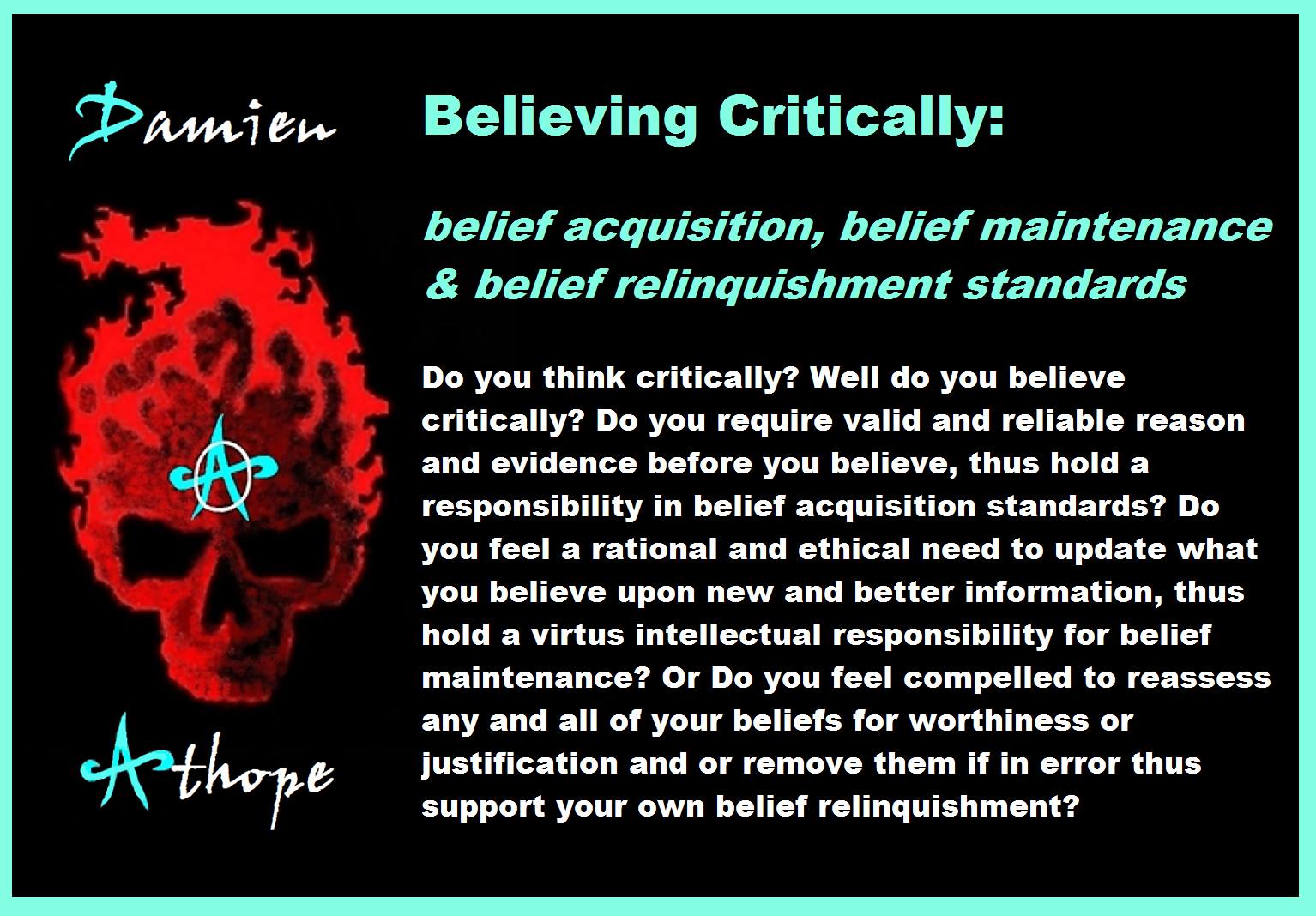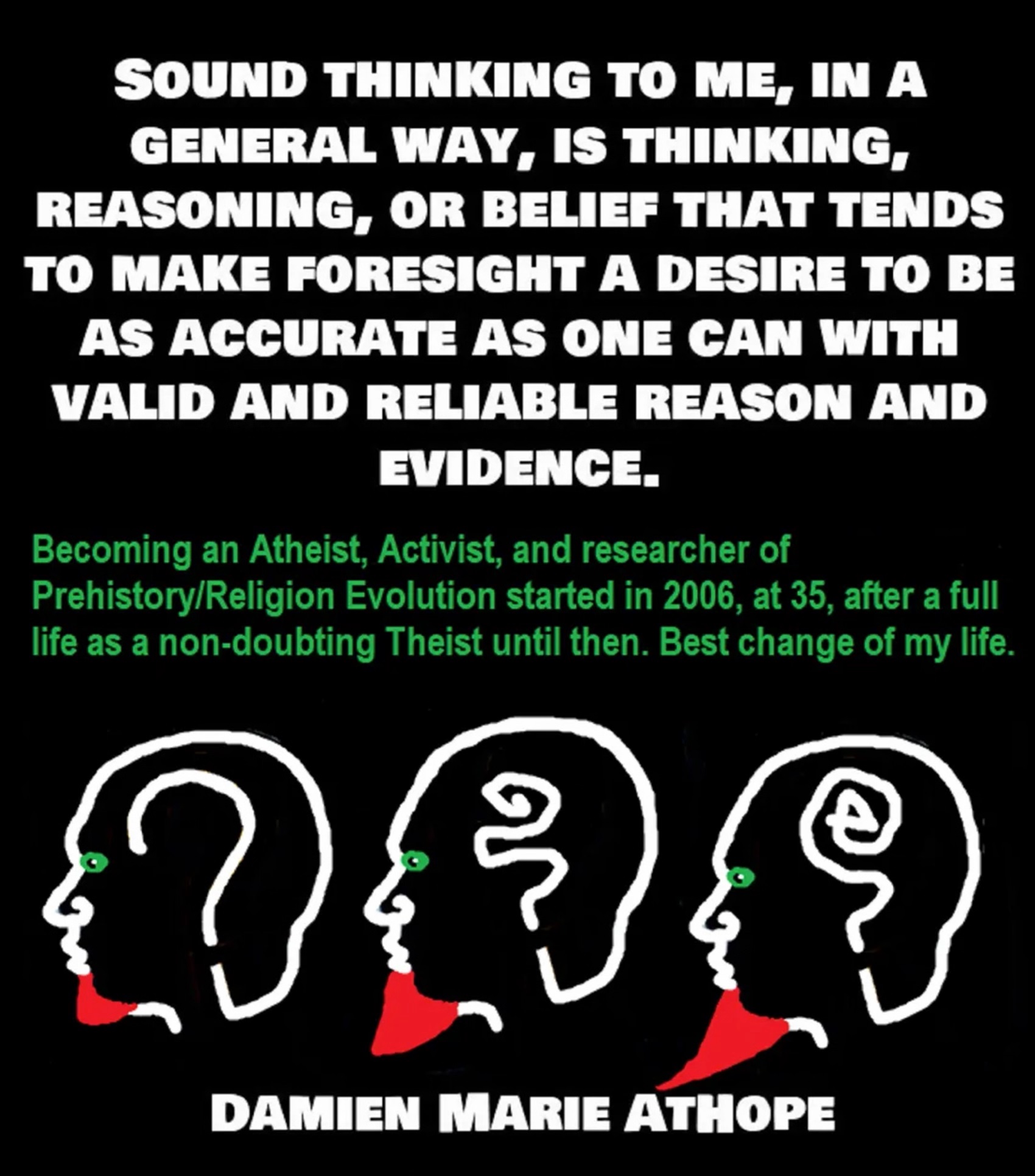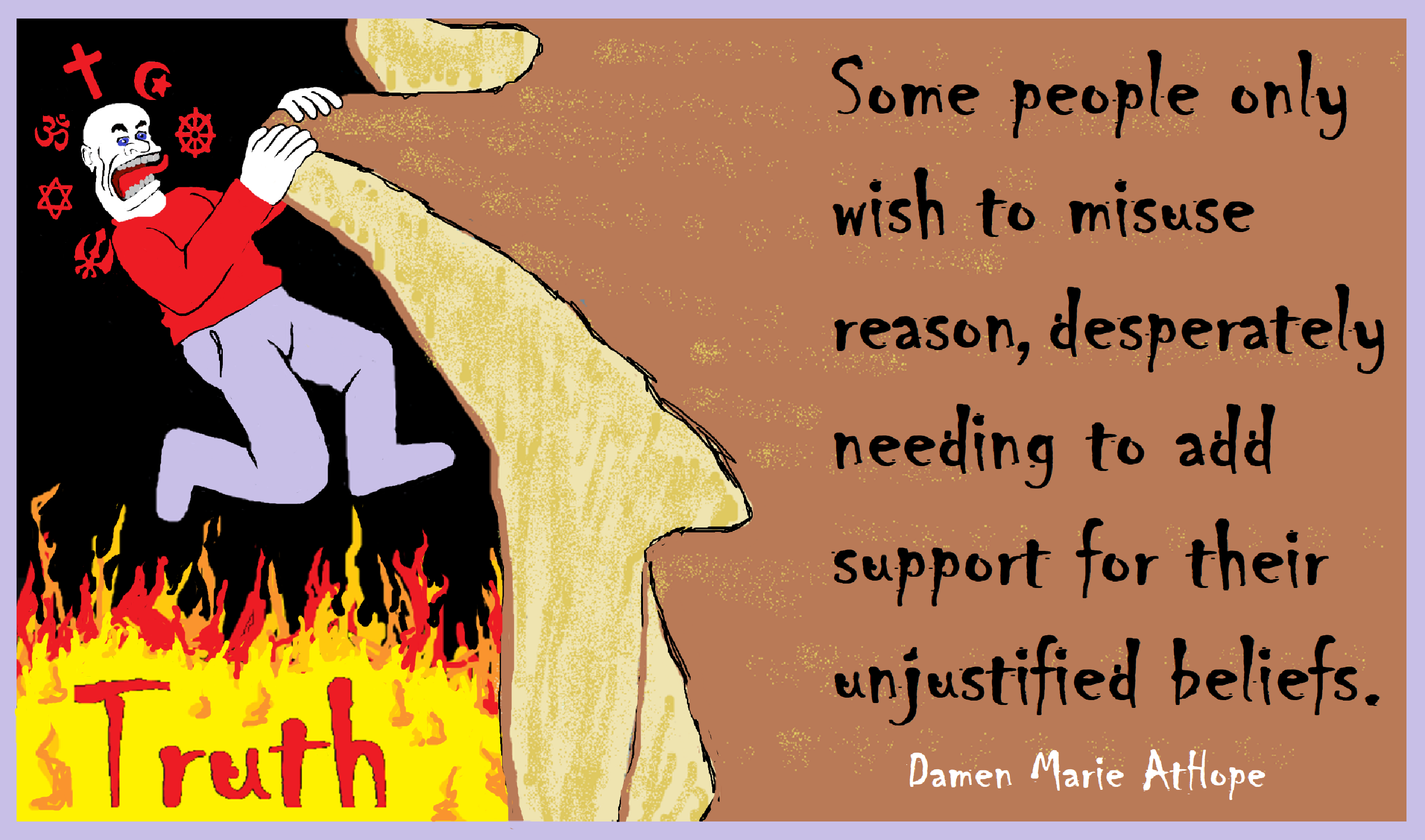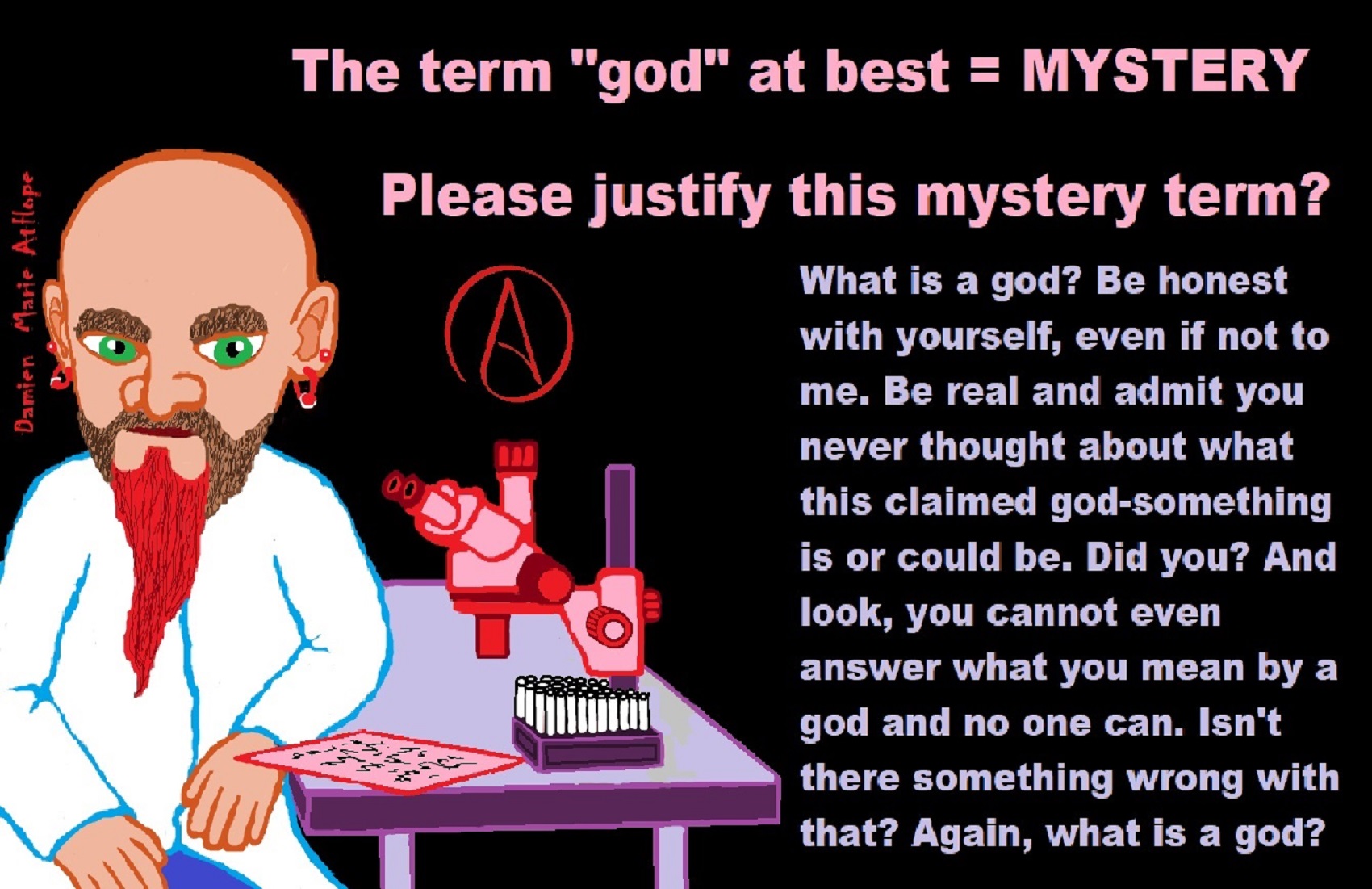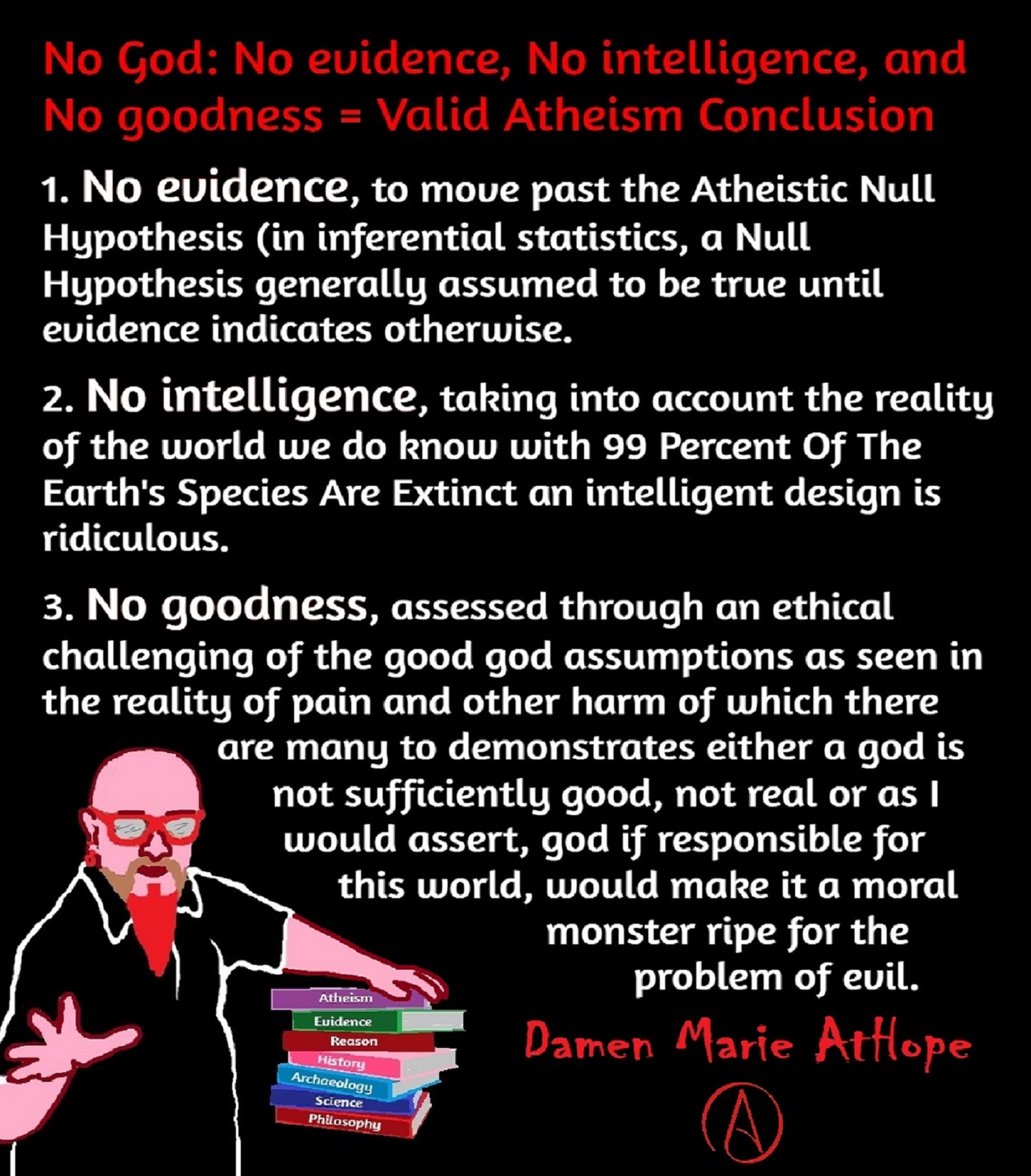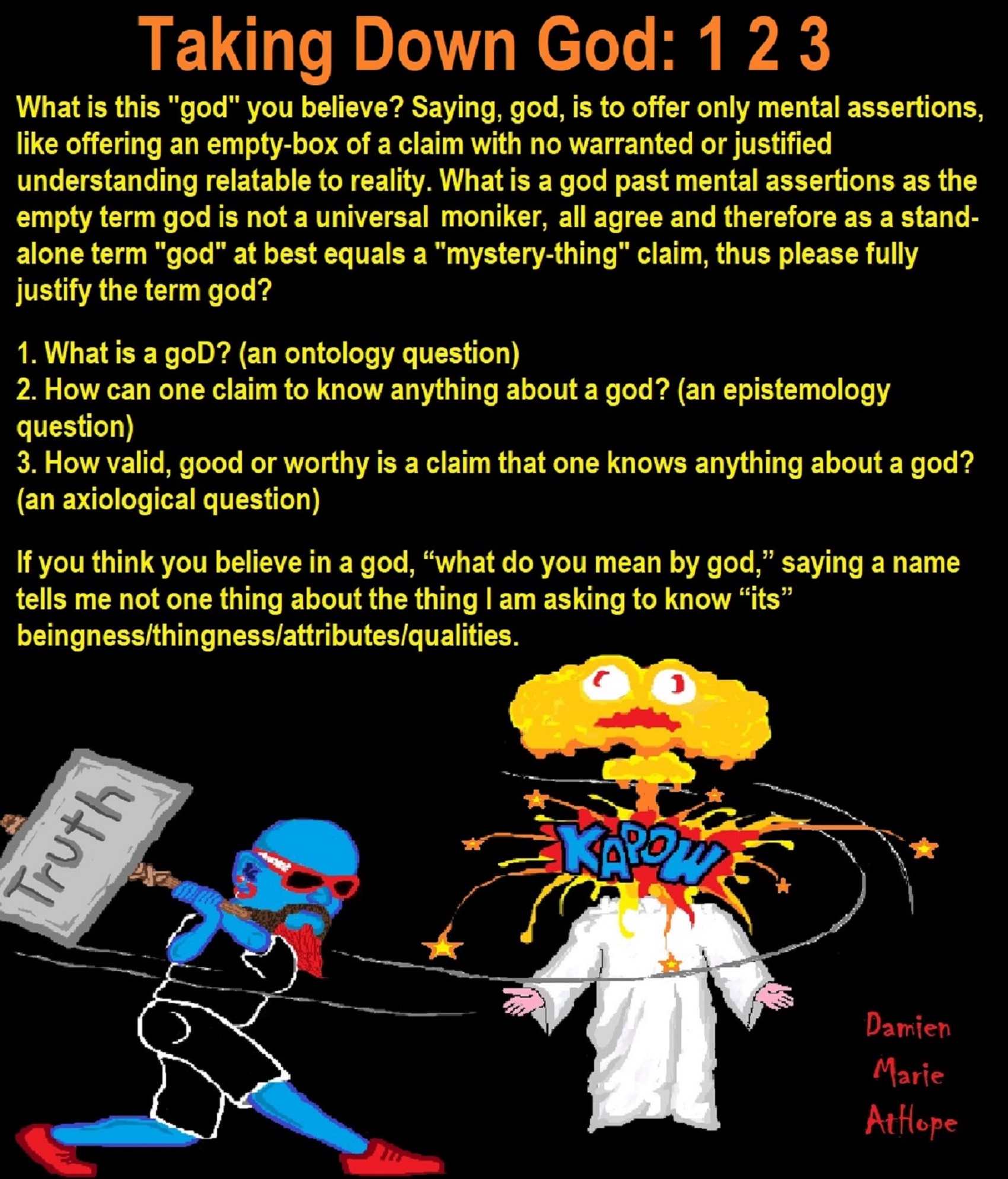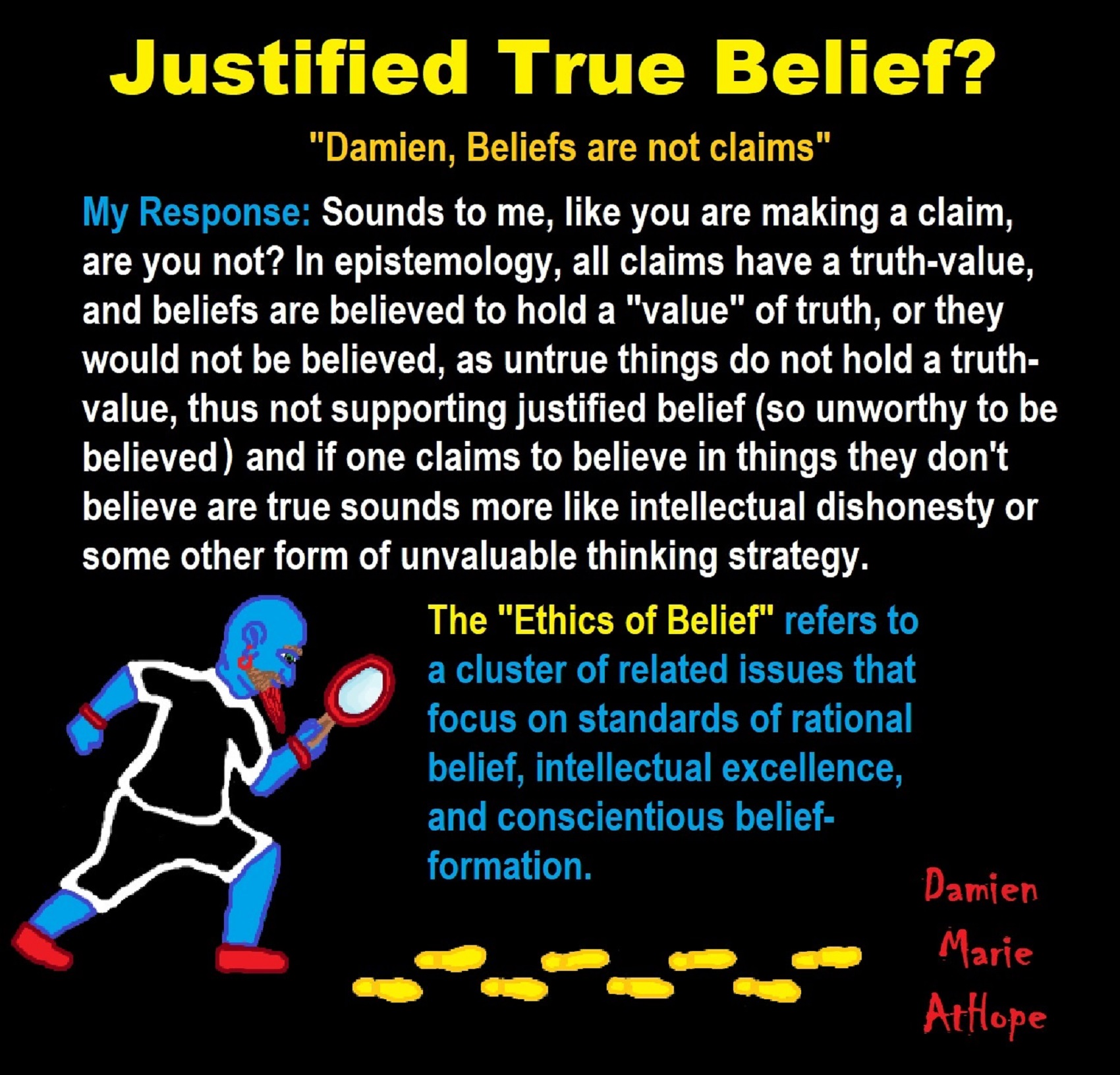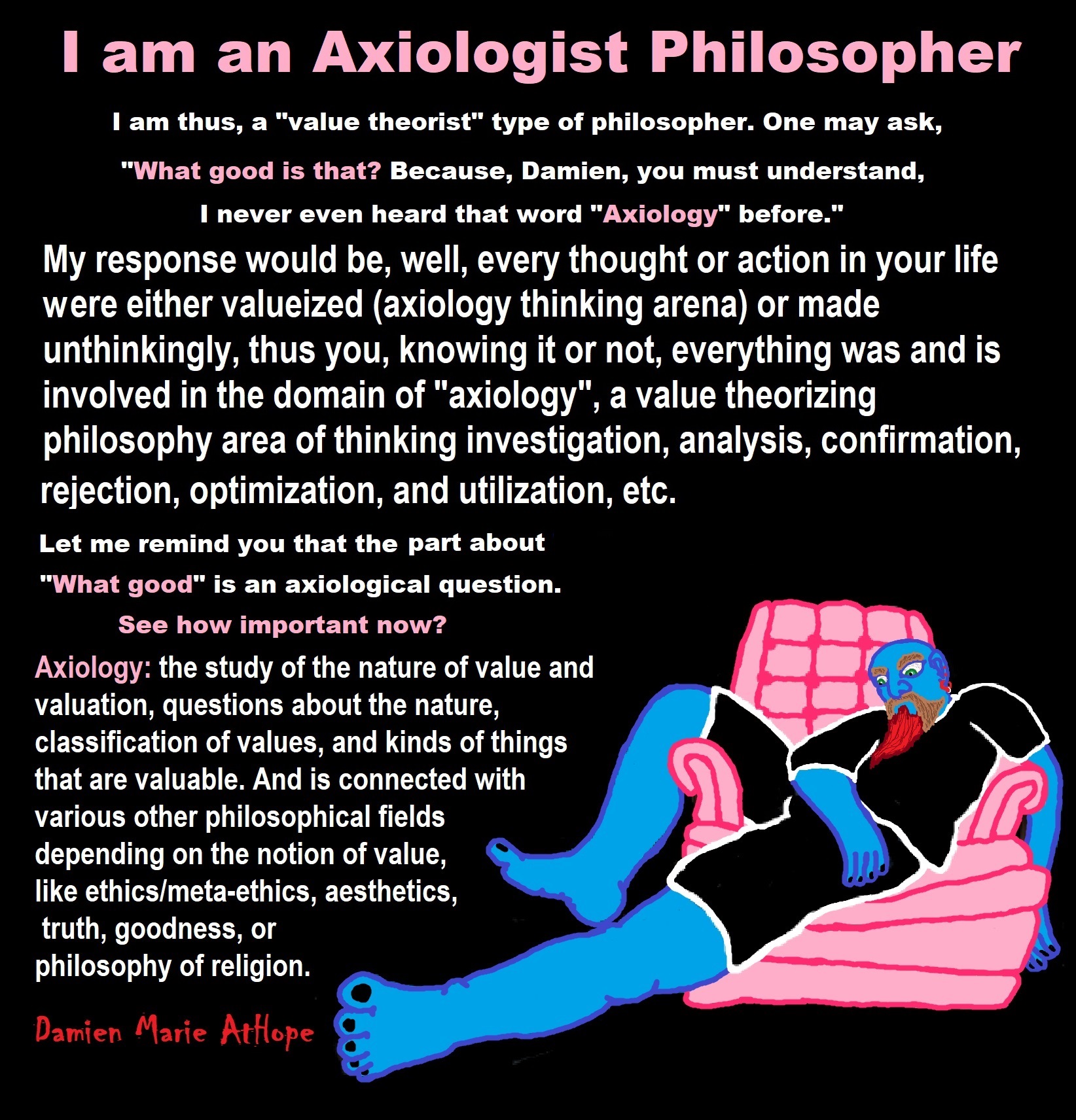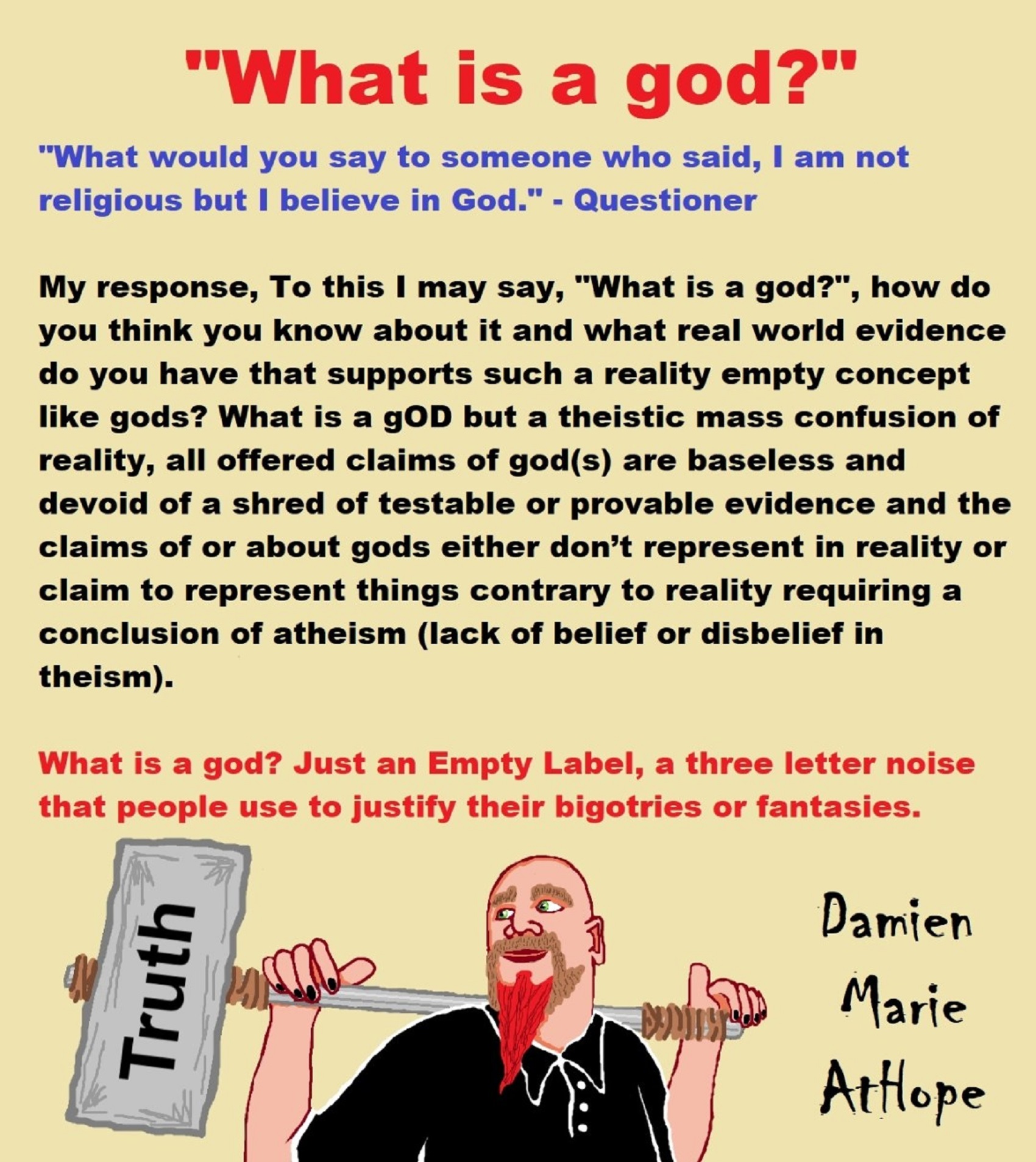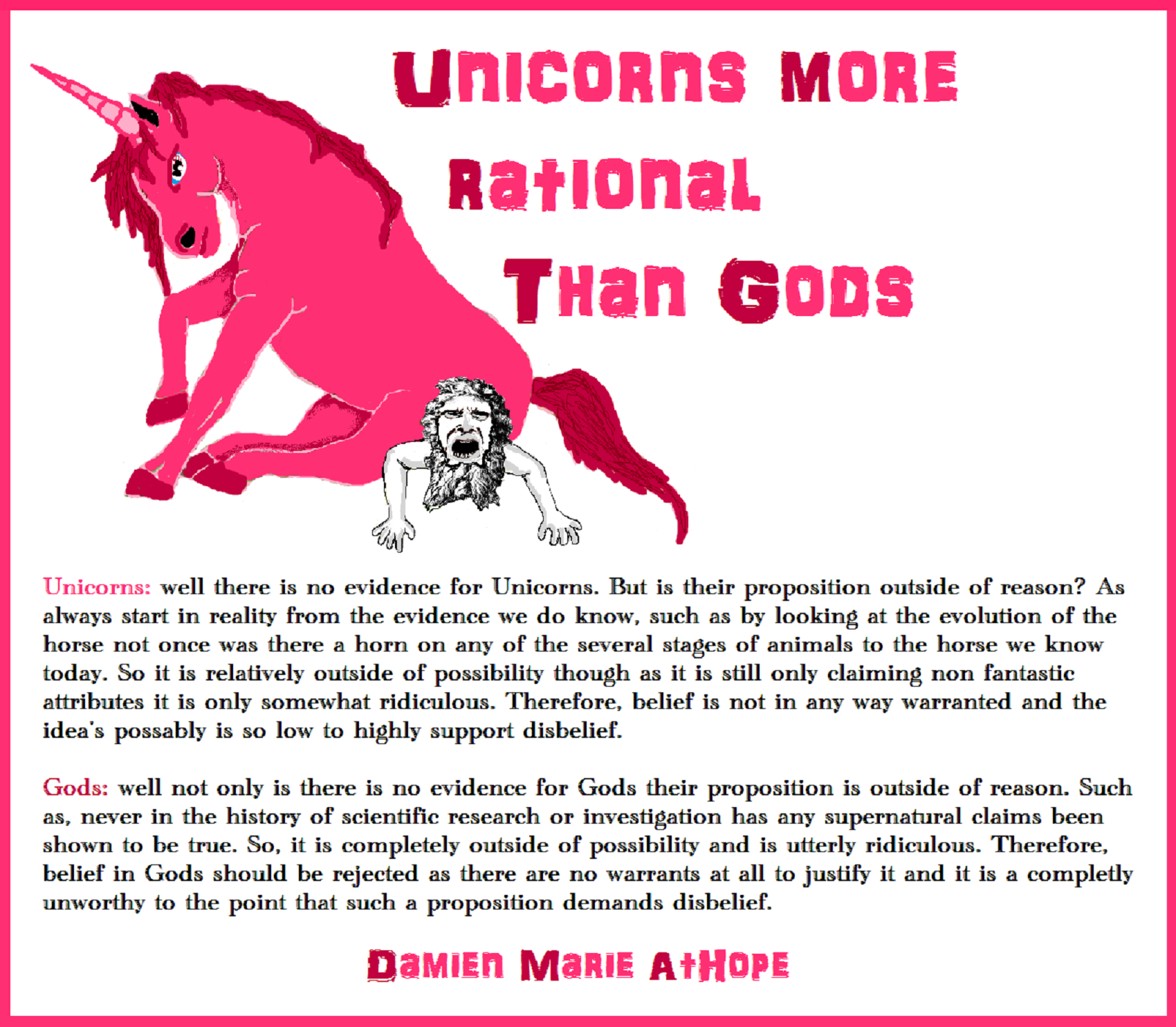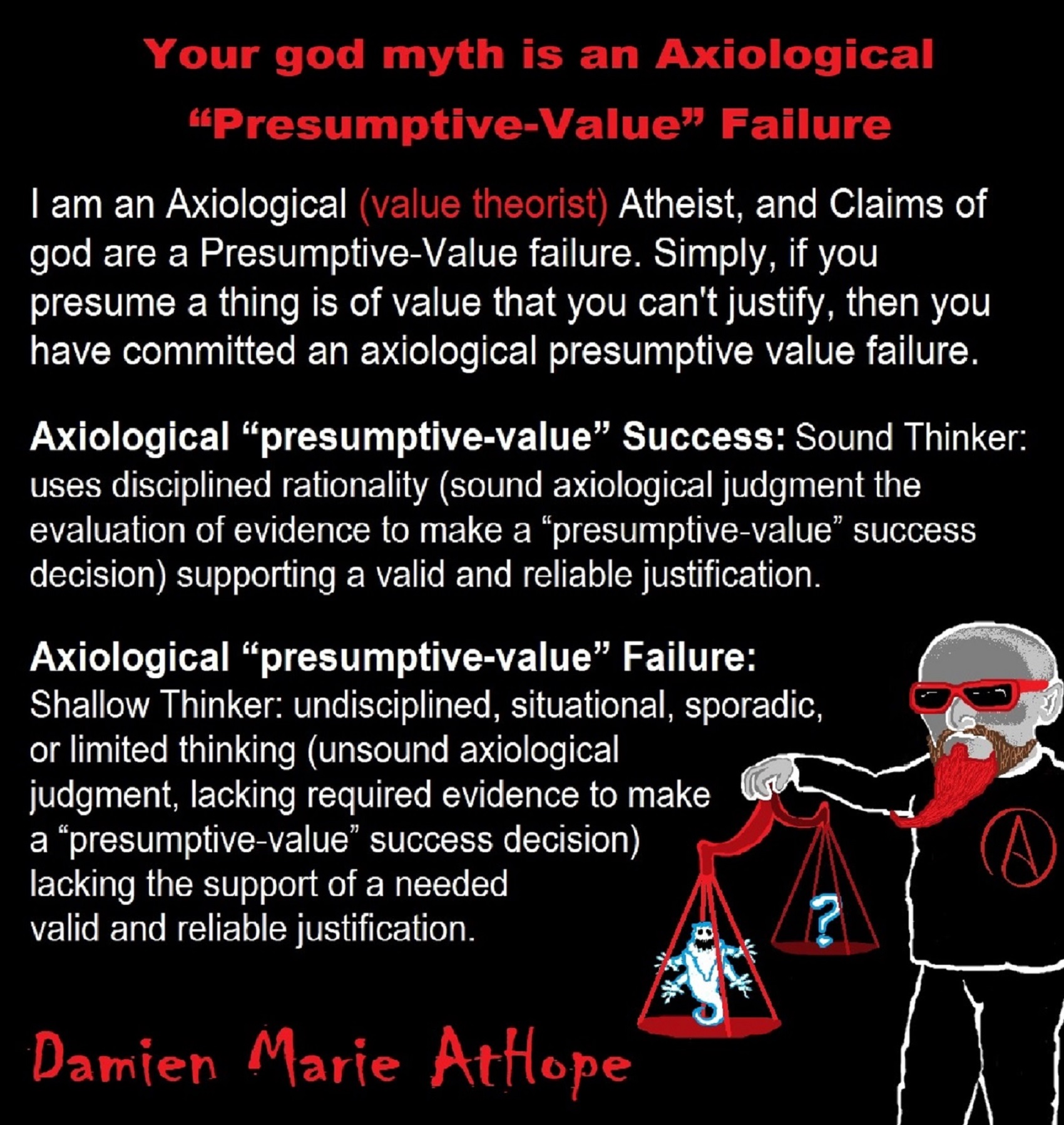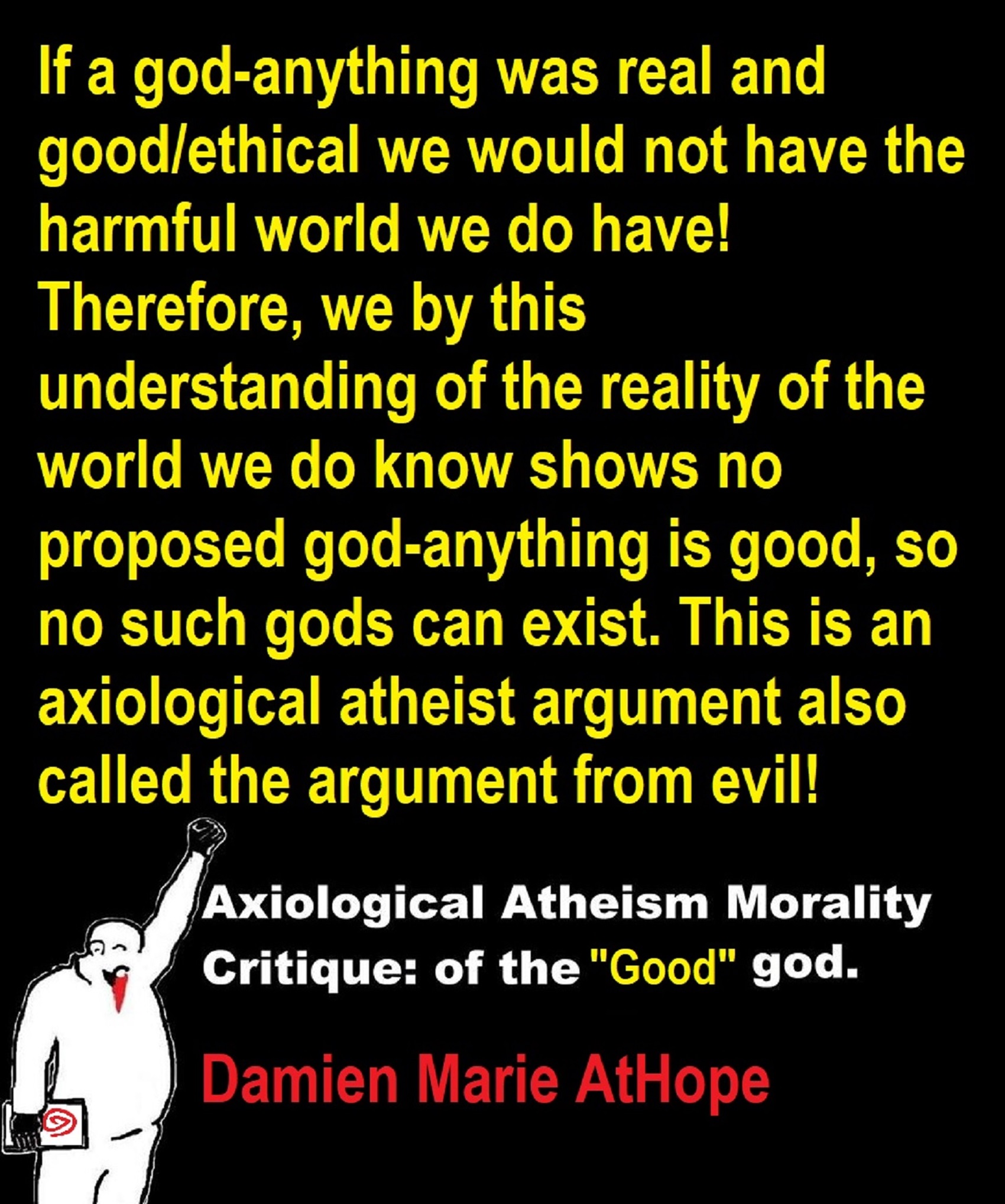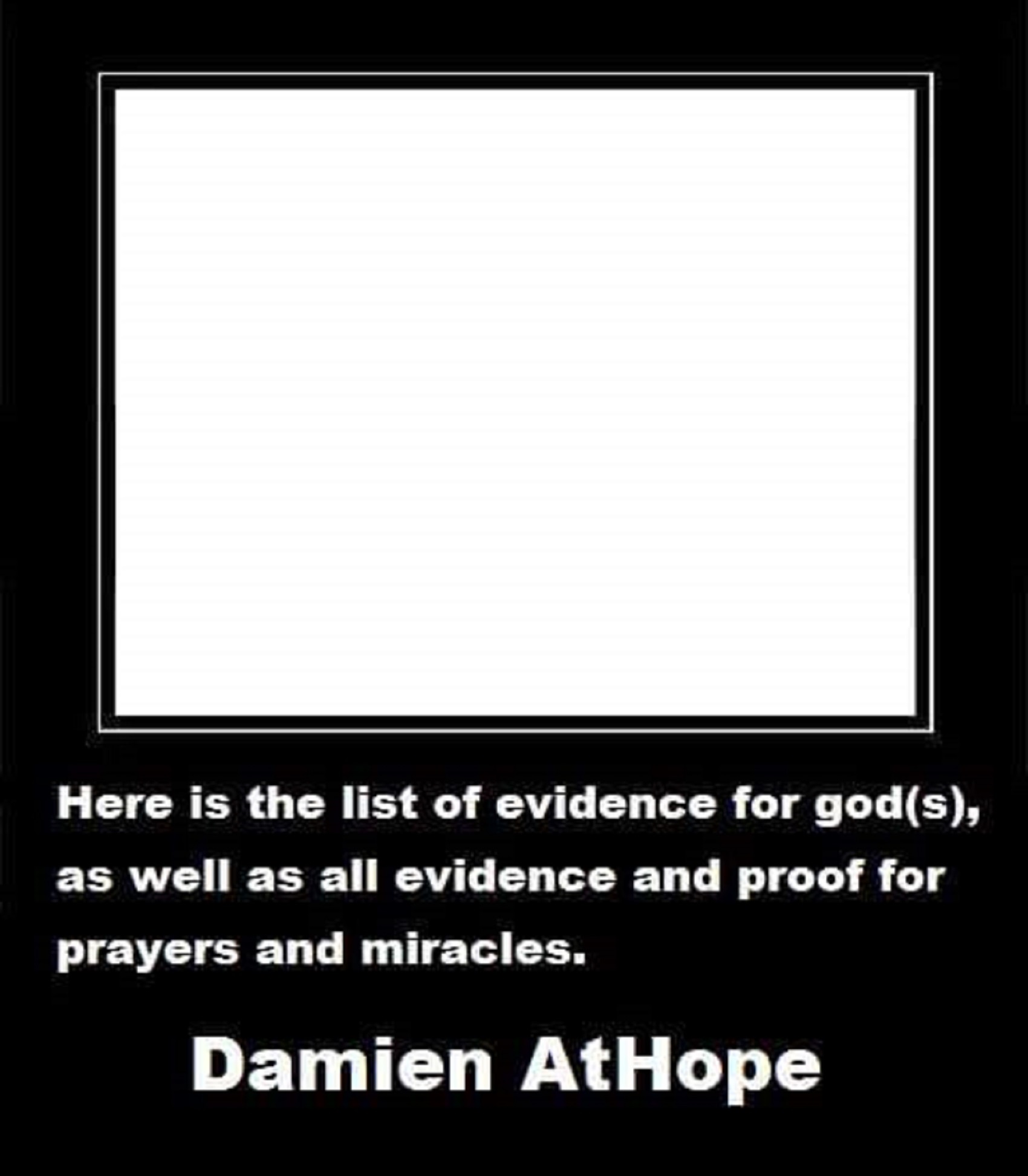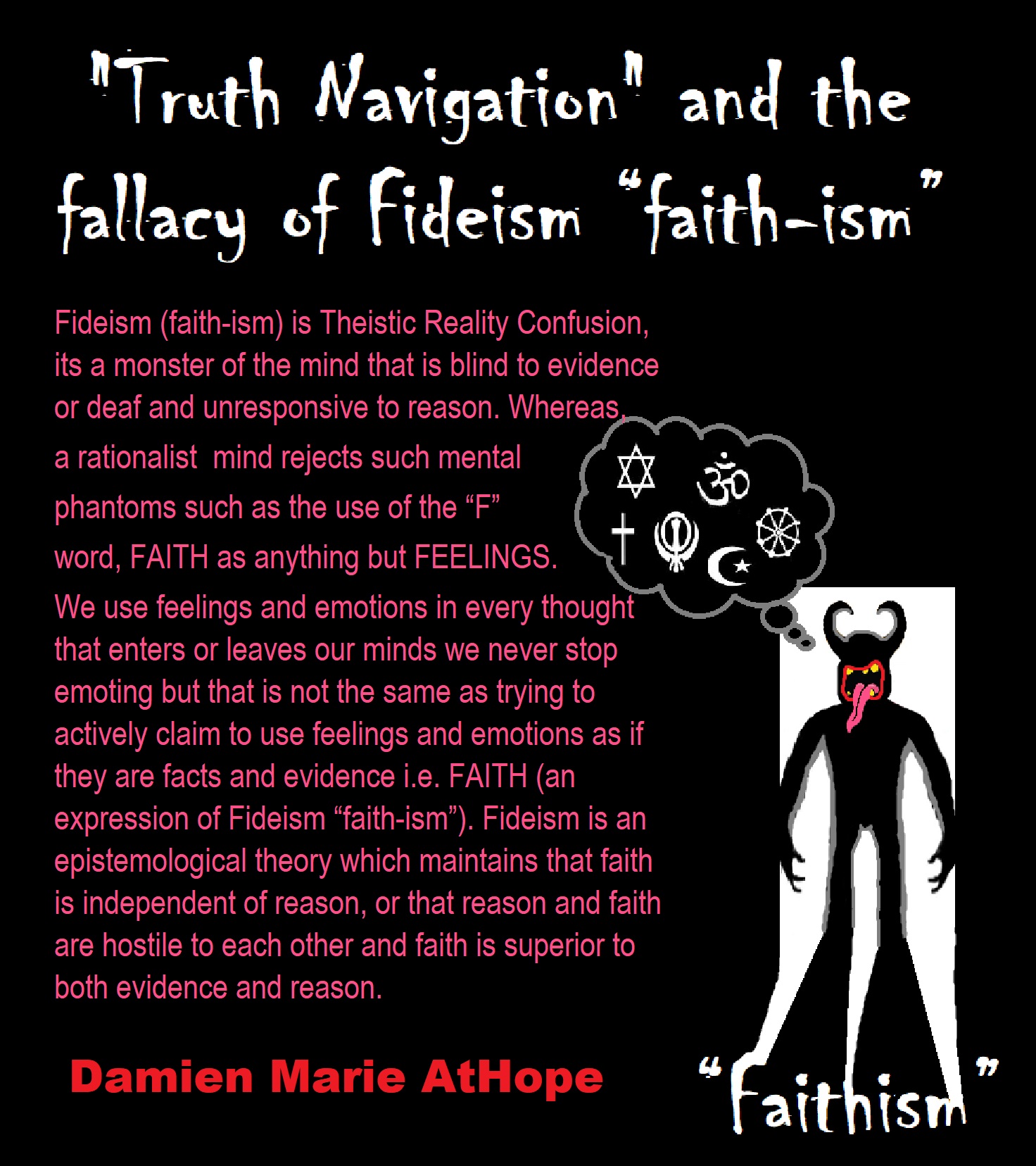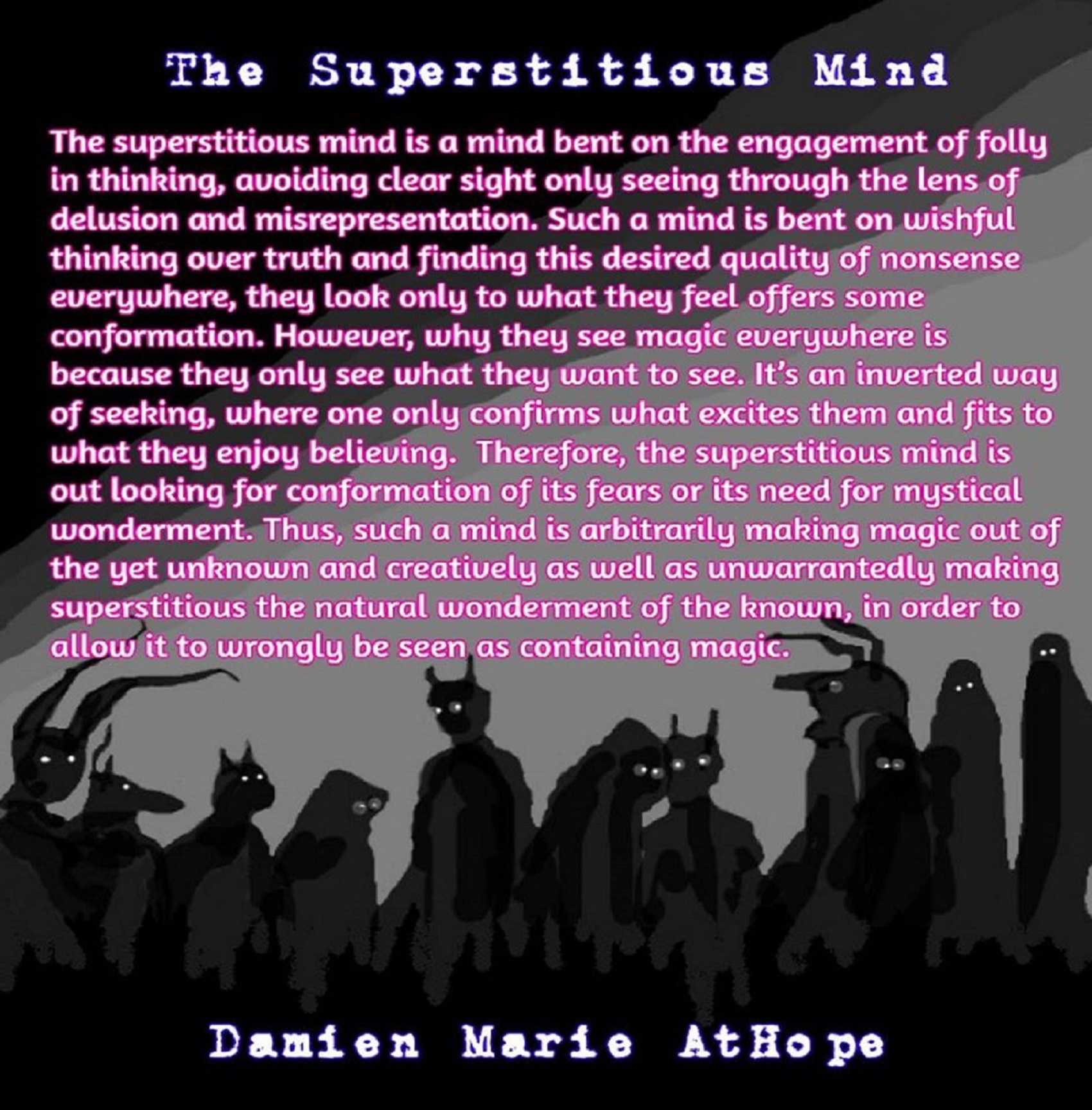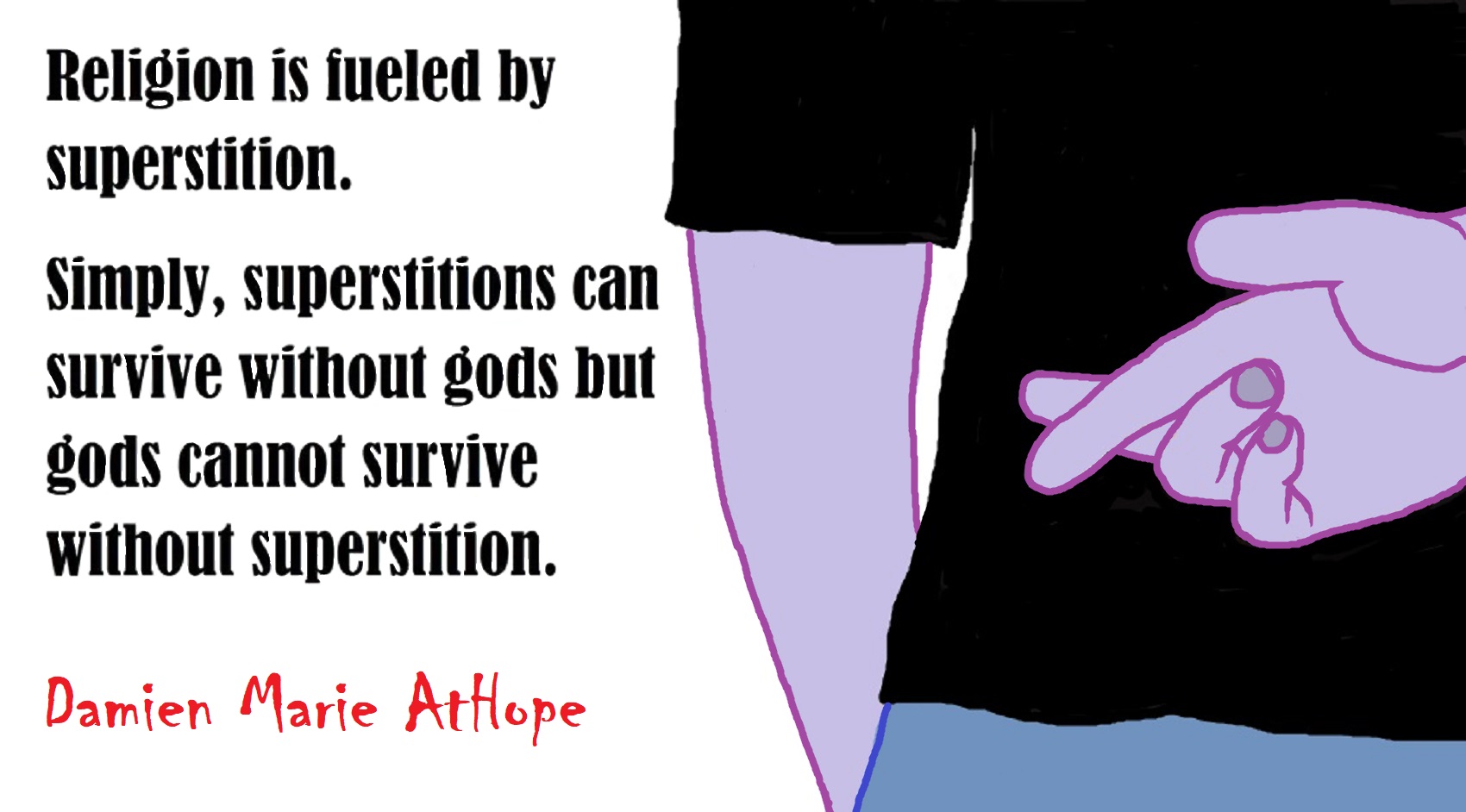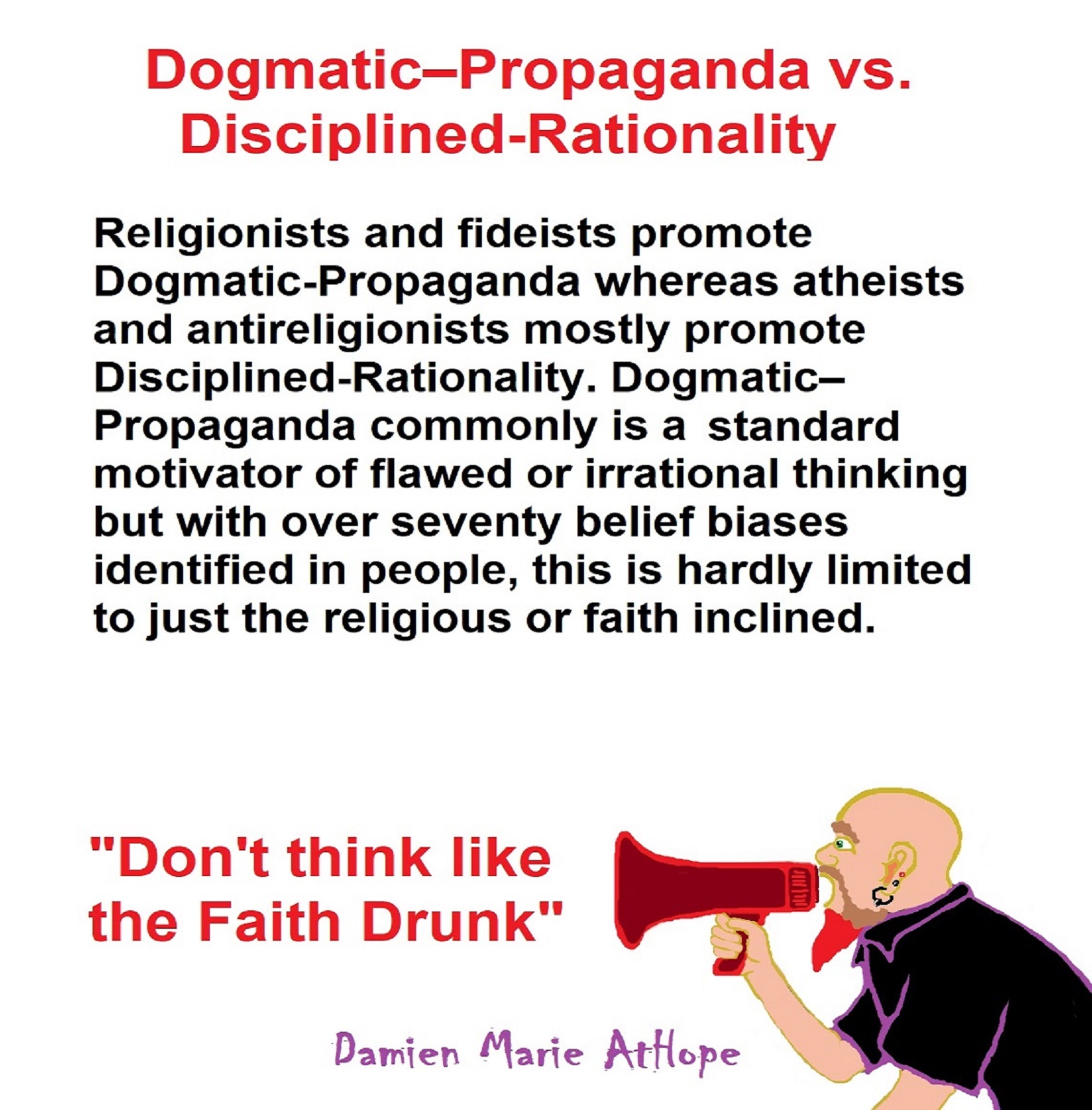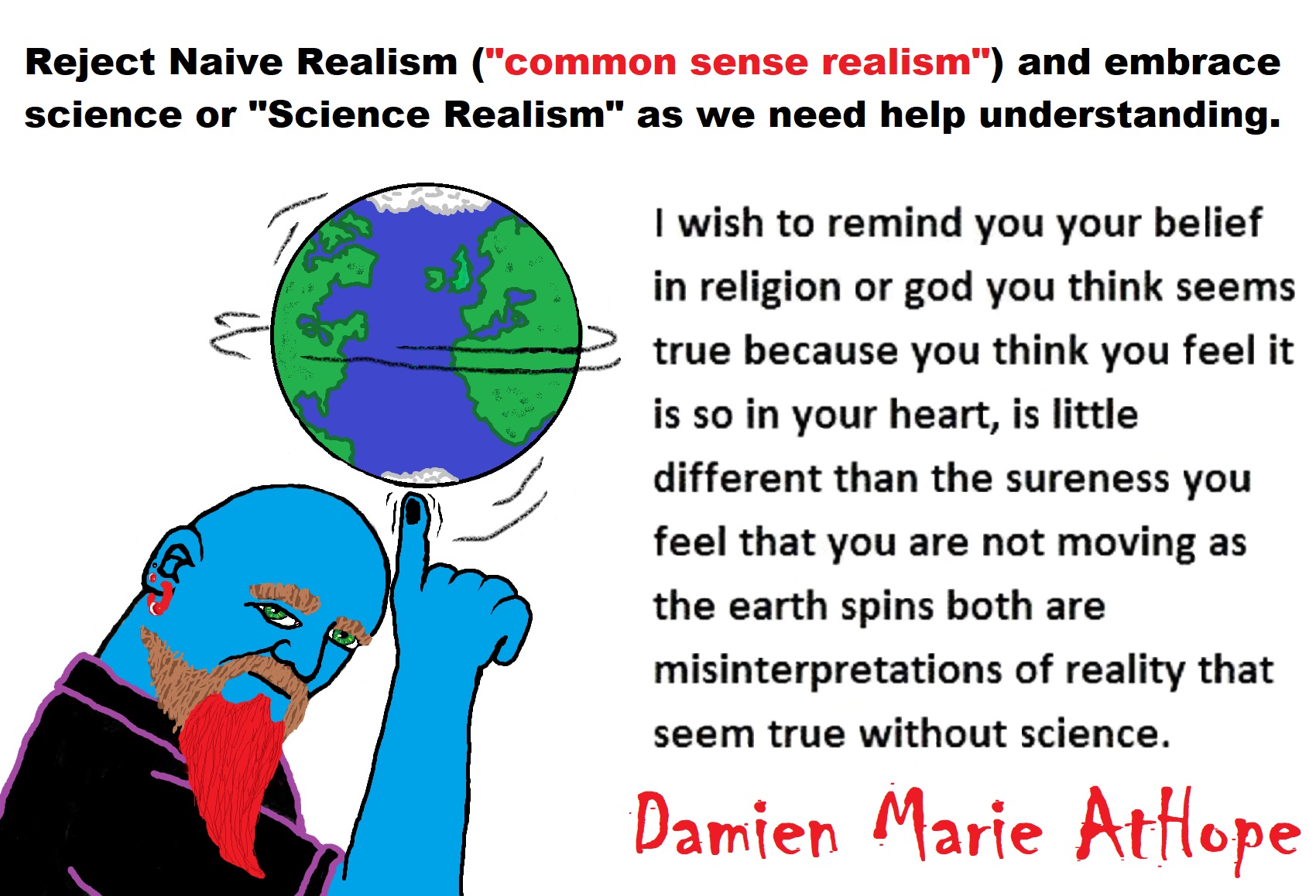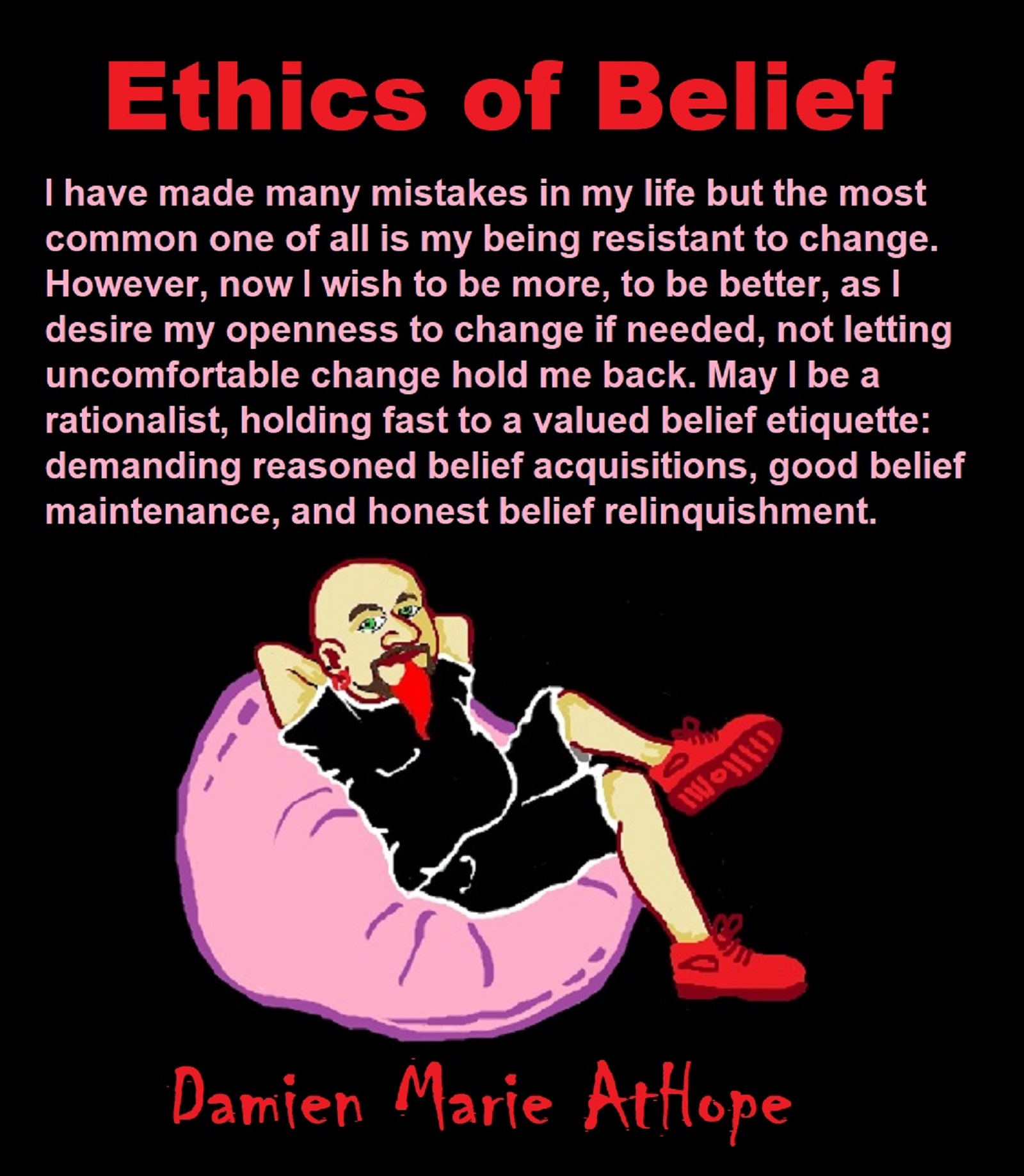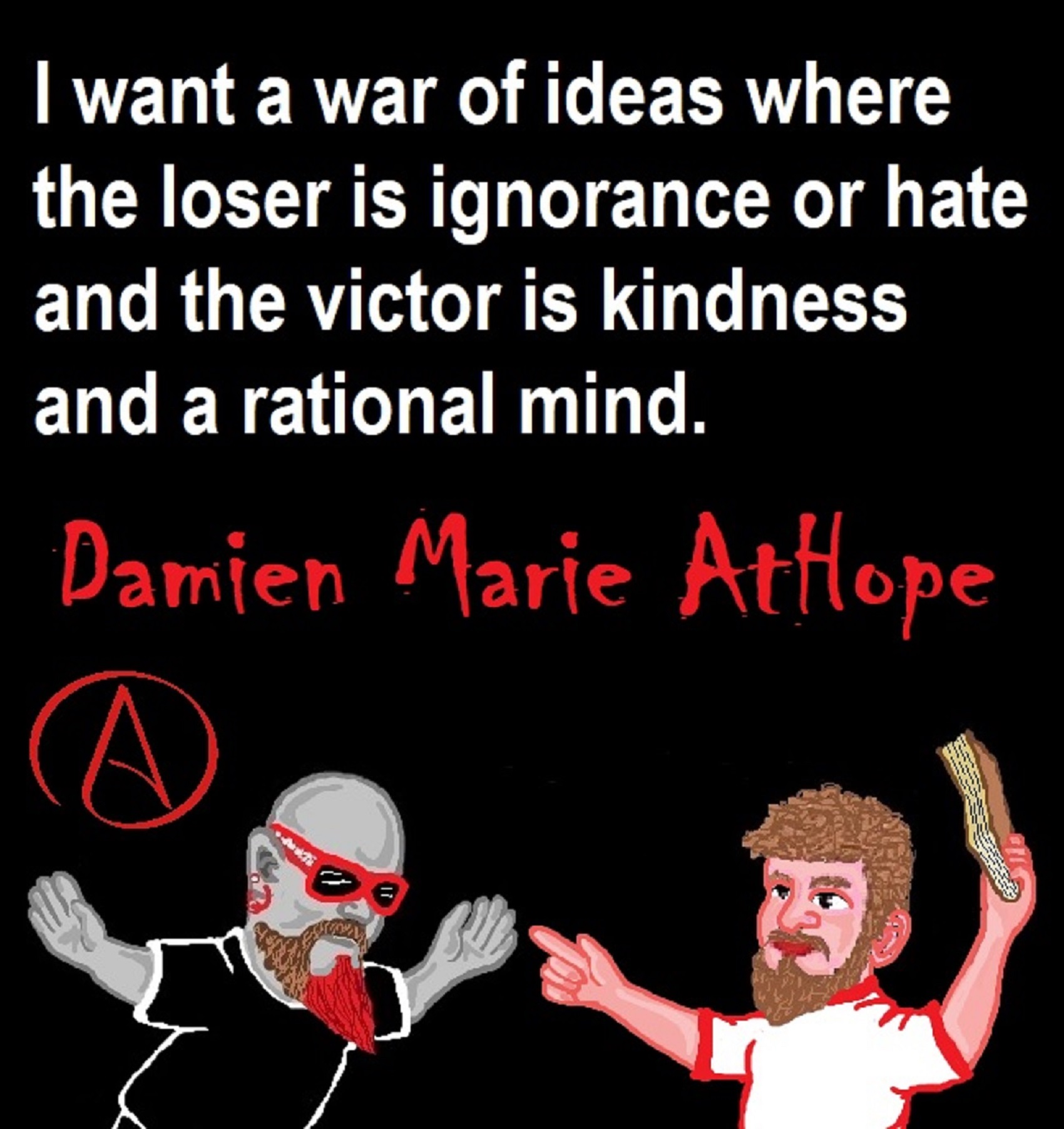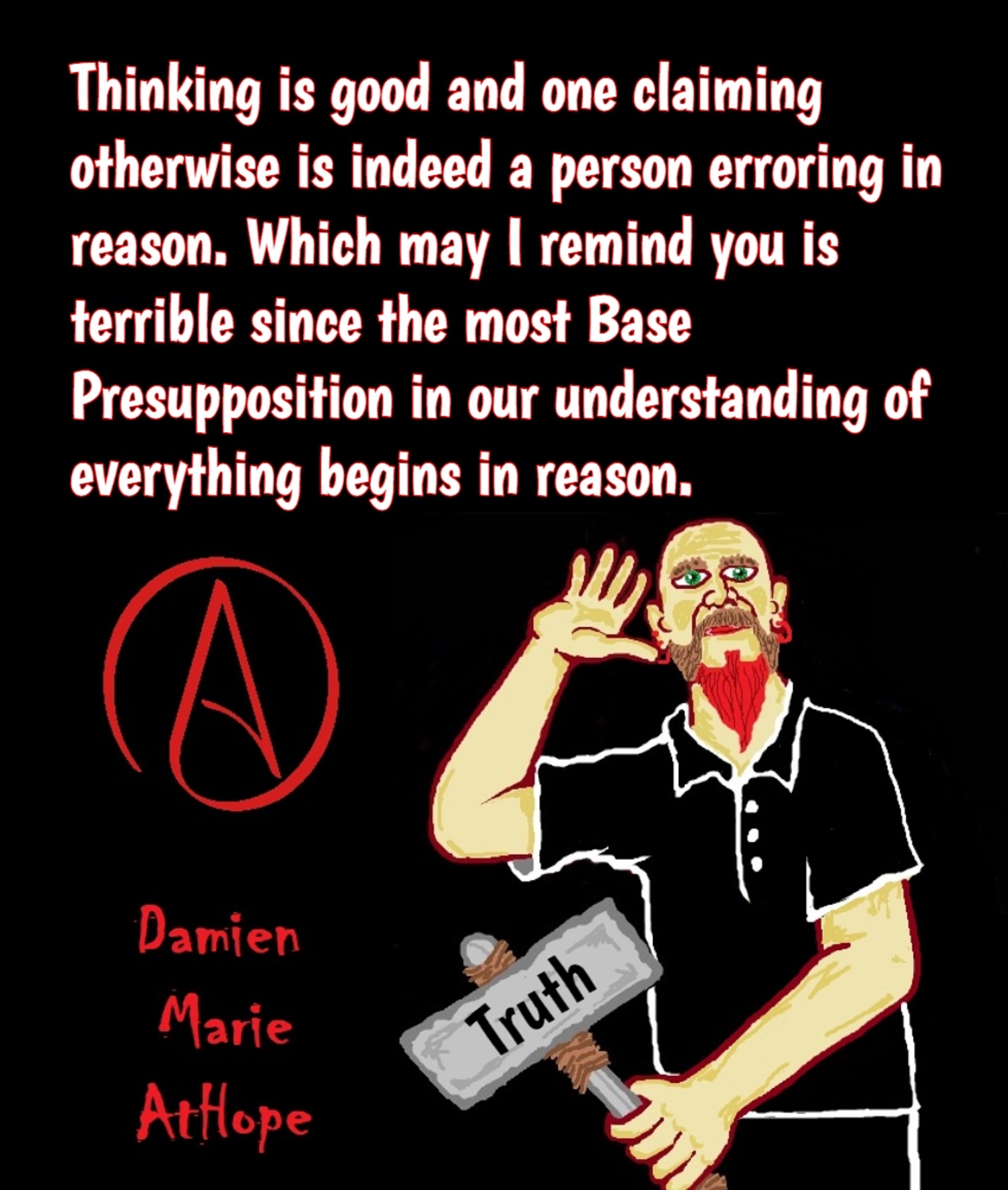“In philosophy, rationalism is the epistemological view that “regards reason as the chief source and test of knowledge” or “any view appealing to reason as a source of knowledge or justification”, often in contrast to other possible sources of knowledge such as faith, tradition, or sensory experience. More formally, rationalism is defined as a methodology or a theory “in which the criterion of truth is not sensory but intellectual and deductive.” ref
“Rationalism – as an appeal to human reason as a way of obtaining knowledge – has a philosophical history dating from antiquity. The analytical nature of much of philosophical enquiry, the awareness of apparently a priori domains of knowledge such as mathematics, combined with the emphasis of obtaining knowledge through the use of rational faculties (commonly rejecting, for example, direct revelation) have made rationalist themes very prevalent in the history of philosophy.” ref
“Since the Enlightenment, rationalism is usually associated with the introduction of mathematical methods into philosophy as seen in the works of Descartes, Leibniz, and Spinoza. This is commonly called continental rationalism, because it was predominant in the continental schools of Europe, whereas in Britain empiricism dominated. Even then, the distinction between rationalists and empiricists was drawn at a later period and would not have been recognized by the philosophers involved. Also, the distinction between the two philosophies is not as clear-cut as is sometimes suggested; for example, Descartes and Locke have similar views about the nature of human ideas.” ref
“Proponents of some varieties of rationalism argue that, starting with foundational basic principles, like the axioms of geometry, one could deductively derive the rest of all possible knowledge. Notable philosophers who held this view most clearly were Baruch Spinoza and Gottfried Leibniz, whose attempts to grapple with the epistemological and metaphysical problems raised by Descartes led to a development of the fundamental approach of rationalism. Both Spinoza and Leibniz asserted that, in principle, all knowledge, including scientific knowledge, could be gained through the use of reason alone, though they both observed that this was not possible in practice for human beings except in specific areas such as mathematics. On the other hand, Leibniz admitted in his book Monadology that “we are all mere Empirics in three fourths of our actions.” ref
“In a major philosophical debate during the Enlightenment, rationalism (sometimes here equated with innatism) was opposed to empiricism. On the one hand, the rationalists emphasized that knowledge is primarily innate and the intellect, the inner faculty of the human mind, can therefore directly grasp or derive logical truths; on the other hand, the empiricists emphasized that knowledge is not primarily innate and is best gained by careful observation of the physical world outside the mind, namely through sensory experiences. Rationalists asserted that certain principles exist in logic, mathematics, ethics, and metaphysics that are so fundamentally true that denying them causes one to fall into contradiction. The rationalists had such a high confidence in reason that empirical proof and physical evidence were regarded as unnecessary to ascertain certain truths – in other words, “there are significant ways in which our concepts and knowledge are gained independently of sense experience.” ref
“Different degrees of emphasis on this method or theory lead to a range of rationalist standpoints, from the moderate position “that reason has precedence over other ways of acquiring knowledge” to the more extreme position that reason is “the unique path to knowledge”. Given a pre-modern understanding of reason, rationalism is identical to philosophy, the Socratic life of inquiry, or the zetetic (skeptical) clear interpretation of authority (open to the underlying or essential cause of things as they appear to our sense of certainty).” ref
“Rationalism is often contrasted with empiricism. Taken very broadly, these views are not mutually exclusive, since a philosopher can be both rationalist and empiricist. Taken to extremes, the empiricist view holds that all ideas come to us a posteriori, that is to say, through experience; either through the external senses or through such inner sensations as pain and gratification. The empiricist essentially believes that knowledge is based on or derived directly from experience. The rationalist believes we come to knowledge a priori – through the use of logic – and is thus independent of sensory experience. In other words, as Galen Strawson once wrote, “you can see that it is true just lying on your couch. You don’t have to get up off your couch and go outside and examine the way things are in the physical world. You don’t have to do any science.” ref
“Between both philosophies, the issue at hand is the fundamental source of human knowledge and the proper techniques for verifying what we think we know. Whereas both philosophies are under the umbrella of epistemology, their argument lies in the understanding of the warrant, which is under the wider epistemic umbrella of the theory of justification. Part of epistemology, this theory attempts to understand the justification of propositions and beliefs. Epistemologists are concerned with various epistemic features of belief, which include the ideas of justification, warrant, rationality, and probability. Of these four terms, the term that has been most widely used and discussed by the early 21st century is “warrant”. Loosely speaking, justification is the reason that someone (probably) holds a belief.” ref
“If A makes a claim and then B casts doubt on it, A‘s next move would normally be to provide justification for the claim. The precise method one uses to provide justification is where the lines are drawn between rationalism and empiricism (among other philosophical views). Much of the debate in these fields are focused on analyzing the nature of knowledge and how it relates to connected notions such as truth, belief, and justification. At its core, rationalism consists of three basic claims. For people to consider themselves rationalists, they must adopt at least one of these three claims: the intuition/deduction thesis, the innate knowledge thesis, or the innate concept thesis. In addition, a rationalist can choose to adopt the claim of Indispensability of Reason and or the claim of Superiority of Reason, although one can be a rationalist without adopting either thesis.” ref
“The indispensability of reason thesis: “The knowledge we gain in subject area, S, by intuition and deduction, as well as the ideas and instances of knowledge in S that are innate to us, could not have been gained by us through sense experience.” In short, this thesis claims that experience cannot provide what we gain from reason.” ref
“The superiority of reason thesis: ‘”The knowledge we gain in subject area S by intuition and deduction or have innately is superior to any knowledge gained by sense experience”. In other words, this thesis claims reason is superior to experience as a source for knowledge.” ref
“Rationalists often adopt similar stances on other aspects of philosophy. Most rationalists reject skepticism for the areas of knowledge they claim are knowable a priori. When you claim some truths are innately known to us, one must reject skepticism in relation to those truths. Especially for rationalists who adopt the Intuition/Deduction thesis, the idea of epistemic foundationalism tends to crop up. This is the view that we know some truths without basing our belief in them on any others and that we then use this foundational knowledge to know more truths.” ref
“Although rationalism in its modern form post-dates antiquity, philosophers from this time laid down the foundations of rationalism. In particular, the understanding that we may be aware of knowledge available only through the use of rational thought. Pythagoras was one of the first Western philosophers to stress rationalist insight. He is often revered as a great mathematician, mystic and scientist, but he is best known for the Pythagorean theorem, which bears his name, and for discovering the mathematical relationship between the length of strings on lute and the pitches of the notes. Pythagoras “believed these harmonies reflected the ultimate nature of reality. He summed up the implied metaphysical rationalism in the words ‘All is number’. It is probable that he had caught the rationalist’s vision, later seen by Galileo (1564–1642), of a world governed throughout by mathematically formulable laws”. It has been said that he was the first man to call himself a philosopher, or lover of wisdom.” ref
“Plato held rational insight to a very high standard, as is seen in his works such as Meno and The Republic. He taught on the Theory of Forms (or the Theory of Ideas) which asserts that the highest and most fundamental kind of reality is not the material world of change known to us through sensation, but rather the abstract, non-material (but substantial) world of forms (or ideas). For Plato, these forms were accessible only to reason and not to sense. In fact, it is said that Plato admired reason, especially in geometry, so highly that he had the phrase “Let no one ignorant of geometry enter” inscribed over the door to his academy.” ref
“Aristotle‘s main contribution to rationalist thinking was the use of syllogistic logic and its use in argument. Aristotle defines syllogism as “a discourse in which certain (specific) things having been supposed, something different from the things supposed results of necessity because these things are so.” Despite this very general definition, Aristotle limits himself to categorical syllogisms which consist of three categorical propositions in his work Prior Analytics. These included categorical modal syllogisms.” ref
“Although the three great Greek philosophers disagreed with one another on specific points, they all agreed that rational thought could bring to light knowledge that was self-evident – information that humans otherwise could not know without the use of reason. After Aristotle’s death, Western rationalistic thought was generally characterized by its application to theology, such as in the works of Augustine, the Islamic philosopher Avicenna (Ibn Sina), Averroes (Ibn Rushd), and Jewish philosopher and theologian Maimonides. The Waldensians sect also incorporated rationalism into their movement. One notable event in the Western timeline was the philosophy of Thomas Aquinas who attempted to merge Greek rationalism and Christian revelation in the thirteenth-century. Generally, the Roman Catholic Church viewed Rationalists as a threat, labeling them as those who “while admitting revelation, reject from the word of God whatever, in their private judgment, is inconsistent with human reason.” ref
“Descartes was the first of the modern rationalists and has been dubbed the ‘Father of Modern Philosophy.’ Much subsequent Western philosophy is a response to his writings, which are studied closely to this day. Descartes thought that only knowledge of eternal truths – including the truths of mathematics, and the epistemological and metaphysical foundations of the sciences – could be attained by reason alone; other knowledge, the knowledge of physics, required experience of the world, aided by the scientific method. He also argued that although dreams appear as real as sense experience, these dreams cannot provide persons with knowledge.” ref
“Also, since conscious sense experience can be the cause of illusions, then sense experience itself can be doubtable. As a result, Descartes deduced that a rational pursuit of truth should doubt every belief about sensory reality. He elaborated these beliefs in such works as Discourse on the Method, Meditations on First Philosophy, and Principles of Philosophy. Descartes developed a method to attain truths according to which nothing that cannot be recognised by the intellect (or reason) can be classified as knowledge. These truths are gained “without any sensory experience,” according to Descartes. Truths that are attained by reason are broken down into elements that intuition can grasp, which, through a purely deductive process, will result in clear truths about reality.” ref
“Descartes therefore argued, as a result of his method, that reason alone determined knowledge, and that this could be done independently of the senses. For instance, his famous dictum, cogito ergo sum or “I think, therefore I am”, is a conclusion reached a priori i.e., prior to any kind of experience on the matter. The simple meaning is that doubting one’s existence, in and of itself, proves that an “I” exists to do the thinking. In other words, doubting one’s own doubting is absurd. This was, for Descartes, an irrefutable principle upon which to ground all forms of other knowledge. Descartes posited a metaphysical dualism, distinguishing between the substances of the human body (“res extensa“) and the mind or soul (“res cogitans“). This crucial distinction would be left unresolved and lead to what is known as the mind–body problem, since the two substances in the Cartesian system are independent of each other and irreducible.” ref
“The philosophy of Baruch Spinoza is a systematic, logical, rational philosophy developed in seventeenth-century Europe. Spinoza’s philosophy is a system of ideas constructed upon basic building blocks with an internal consistency with which he tried to answer life’s major questions and in which he proposed that “God exists only philosophically.” He was heavily influenced by Descartes, Euclid and Thomas Hobbes, as well as theologians in the Jewish philosophical tradition such as Maimonides. But his work was in many respects a departure from the Judeo-Christian tradition. Many of Spinoza’s ideas continue to vex thinkers today and many of his principles, particularly regarding the emotions, have implications for modern approaches to psychology. To this day, many important thinkers have found Spinoza’s “geometrical method” difficult to comprehend: Goethe admitted that he found this concept confusing. His magnum opus, Ethics, contains unresolved obscurities and has a forbidding mathematical structure modeled on Euclid’s geometry. Spinoza’s philosophy attracted believers such as Albert Einstein and much intellectual attention.” ref
“Leibniz was the last major figure of seventeenth-century rationalism who contributed heavily to other fields such as metaphysics, epistemology, logic, mathematics, physics, jurisprudence, and the philosophy of religion; he is also considered to be one of the last “universal geniuses”. He did not develop his system, however, independently of these advances. Leibniz rejected Cartesian dualism and denied the existence of a material world. In Leibniz’s view there are infinitely many simple substances, which he called “monads” (which he derived directly from Proclus).” ref
“Leibniz developed his theory of monads in response to both Descartes and Spinoza, because the rejection of their visions forced him to arrive at his own solution. Monads are the fundamental unit of reality, according to Leibniz, constituting both inanimate and animate objects. These units of reality represent the universe, though they are not subject to the laws of causality or space (which he called “well-founded phenomena“). Leibniz, therefore, introduced his principle of pre-established harmony to account for apparent causality in the world.” ref
“Immanuel Kant is one of the central figures of modern philosophy, and set the terms by which all subsequent thinkers have had to grapple. He argued that human perception structures natural laws, and that reason is the source of morality. His thought continues to hold a major influence in contemporary thought, especially in fields such as metaphysics, epistemology, ethics, political philosophy, and aesthetics.” ref
“Kant named his brand of epistemology “Transcendental Idealism“, and he first laid out these views in his famous work The Critique of Pure Reason. In it he argued that there were fundamental problems with both rationalist and empiricist dogma. To the rationalists he argued, broadly, that pure reason is flawed when it goes beyond its limits and claims to know those things that are necessarily beyond the realm of every possible experience: the existence of God, free will, and the immortality of the human soul. Kant referred to these objects as “The Thing in Itself” and goes on to argue that their status as objects beyond all possible experience by definition means we cannot know them. To the empiricist, he argued that while it is correct that experience is fundamentally necessary for human knowledge, reason is necessary for processing that experience into coherent thought. He therefore concludes that both reason and experience are necessary for human knowledge. In the same way, Kant also argued that it was wrong to regard thought as mere analysis. “In Kant’s views, a priori concepts do exist, but if they are to lead to the amplification of knowledge, they must be brought into relation with empirical data.” ref
Contemporary rationalism
“Rationalism has become a rarer label of philosophers today; rather many different kinds of specialised rationalisms are identified. For example, Robert Brandom has appropriated the terms “rationalist expressivism” and “rationalist pragmatism” as labels for aspects of his programme in Articulating Reasons, and identified “linguistic rationalism”, the claim that the contents of propositions “are essentially what can serve as both premises and conclusions of inferences”, as a key thesis of Wilfred Sellars. Outside of academic philosophy, some participants in the internet communities surrounding Less Wrong and Slate Star Codex have described themselves as “rationalists.” The term has also been used in this way by critics such as Timnit Gebru.” ref
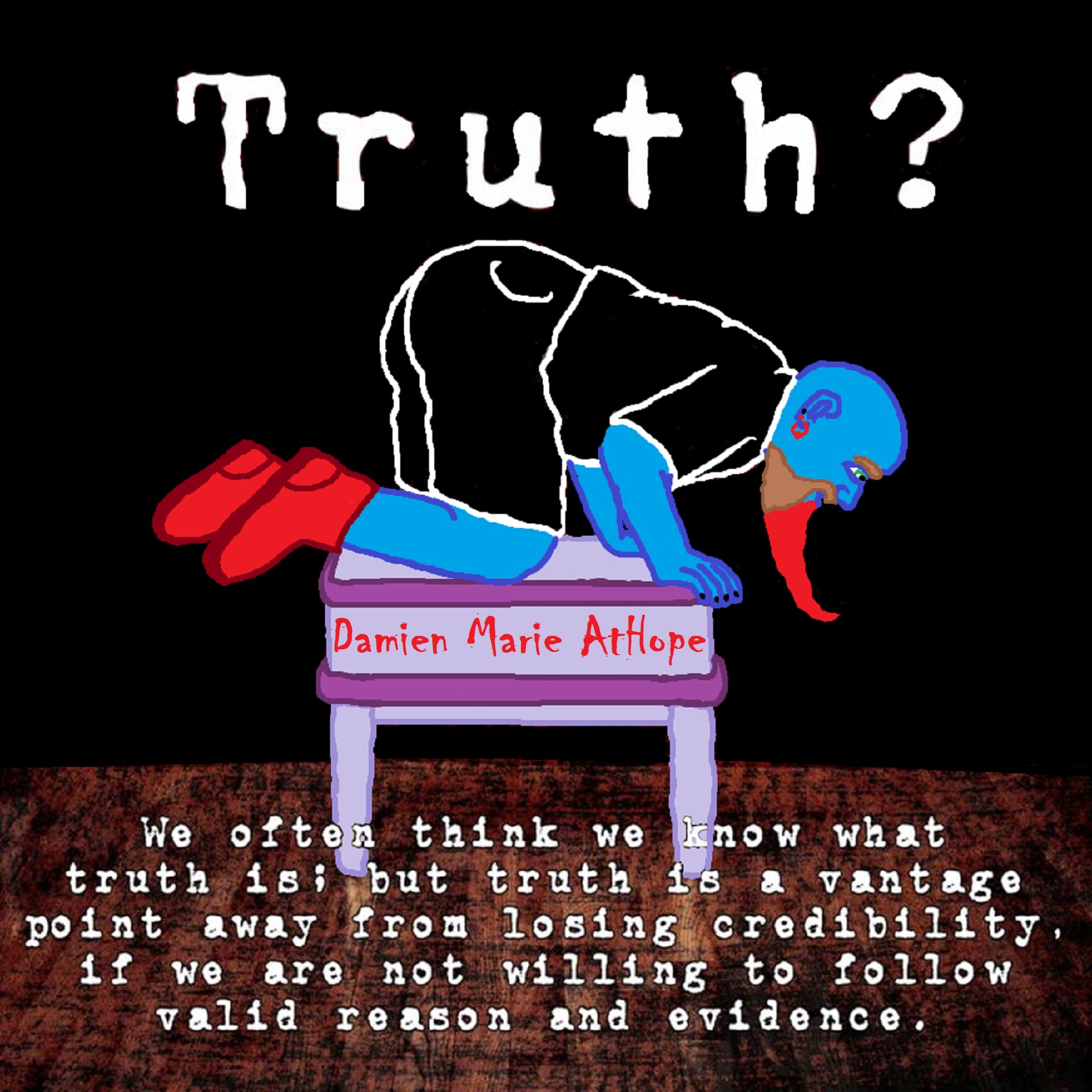
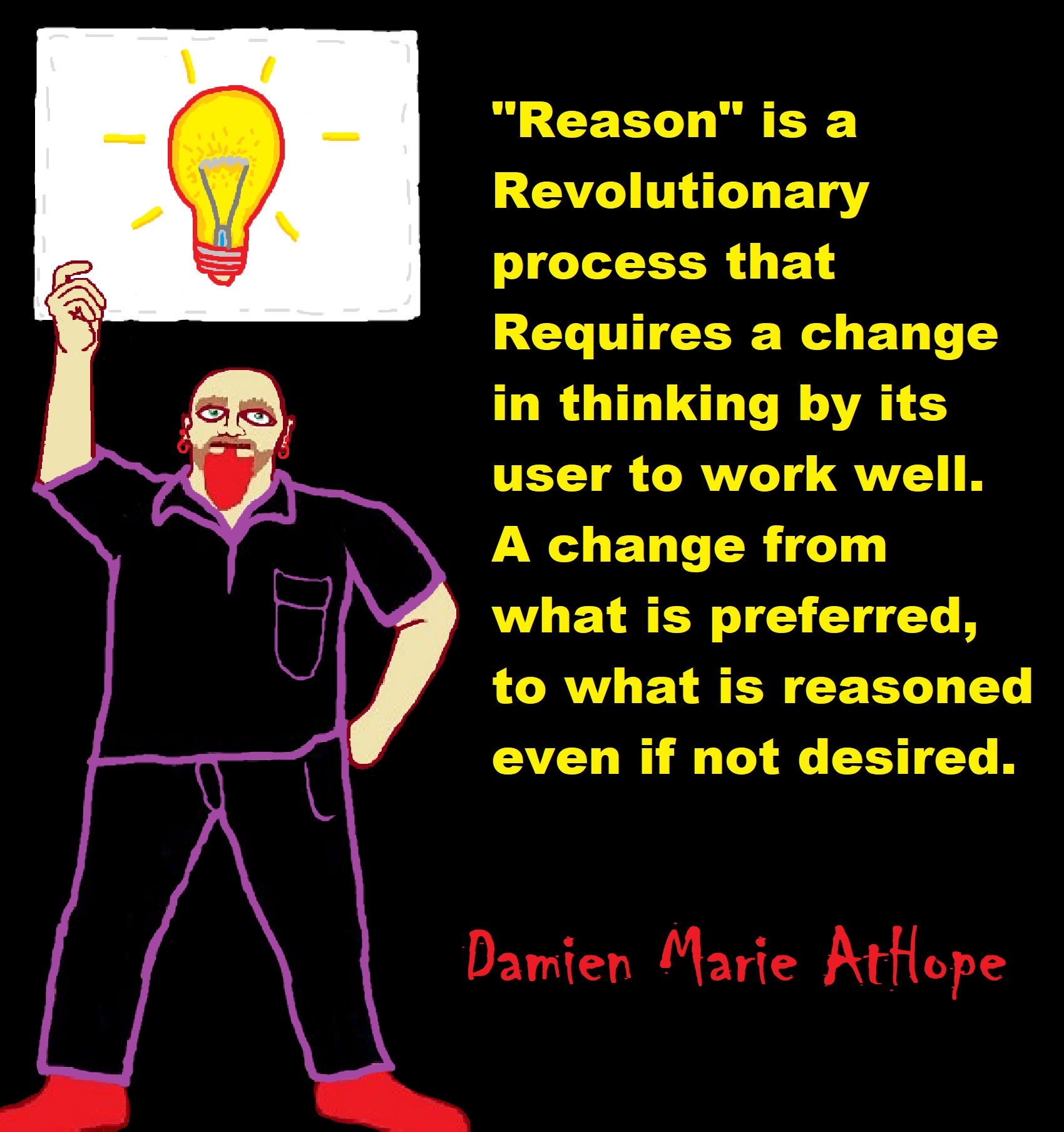
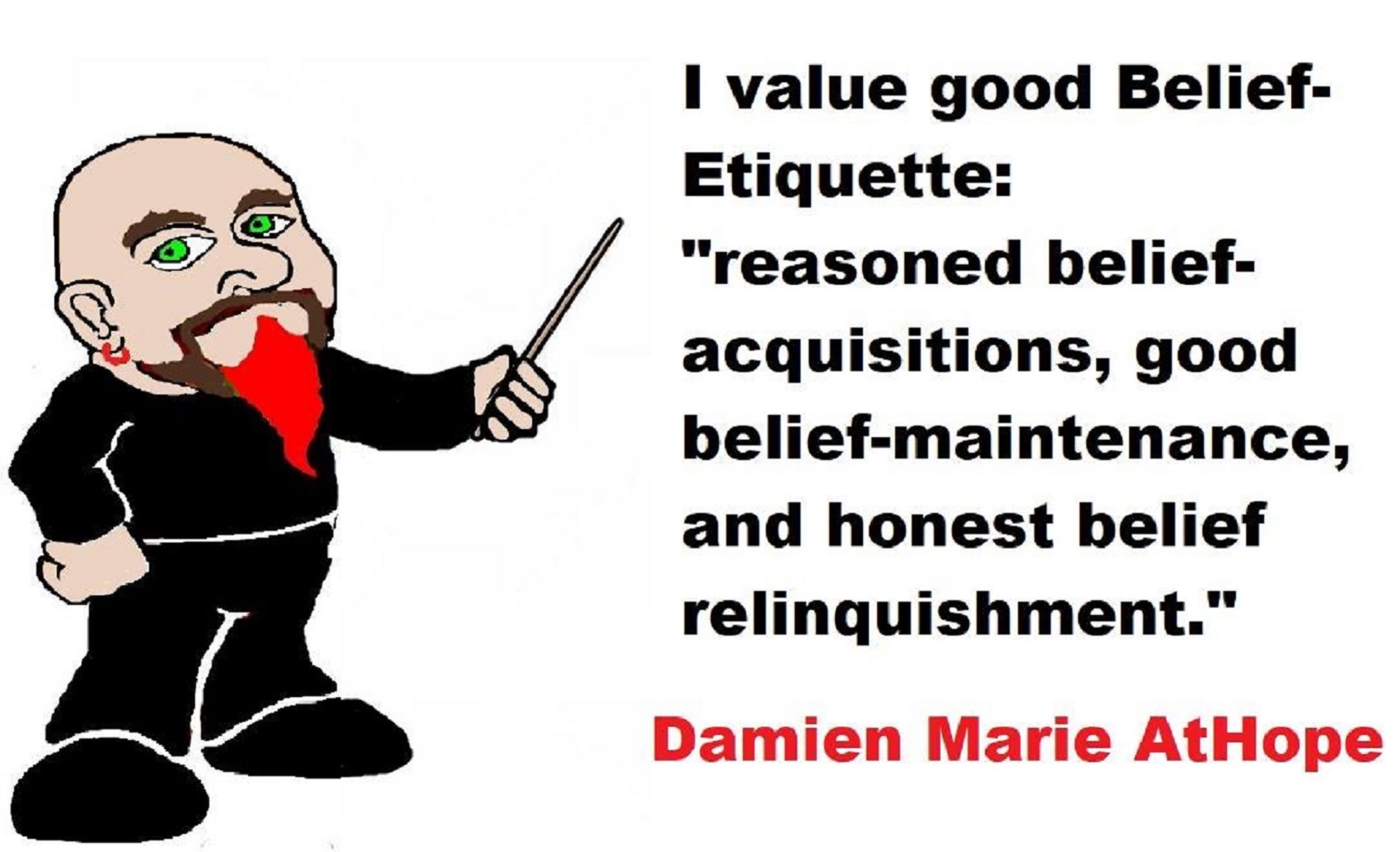
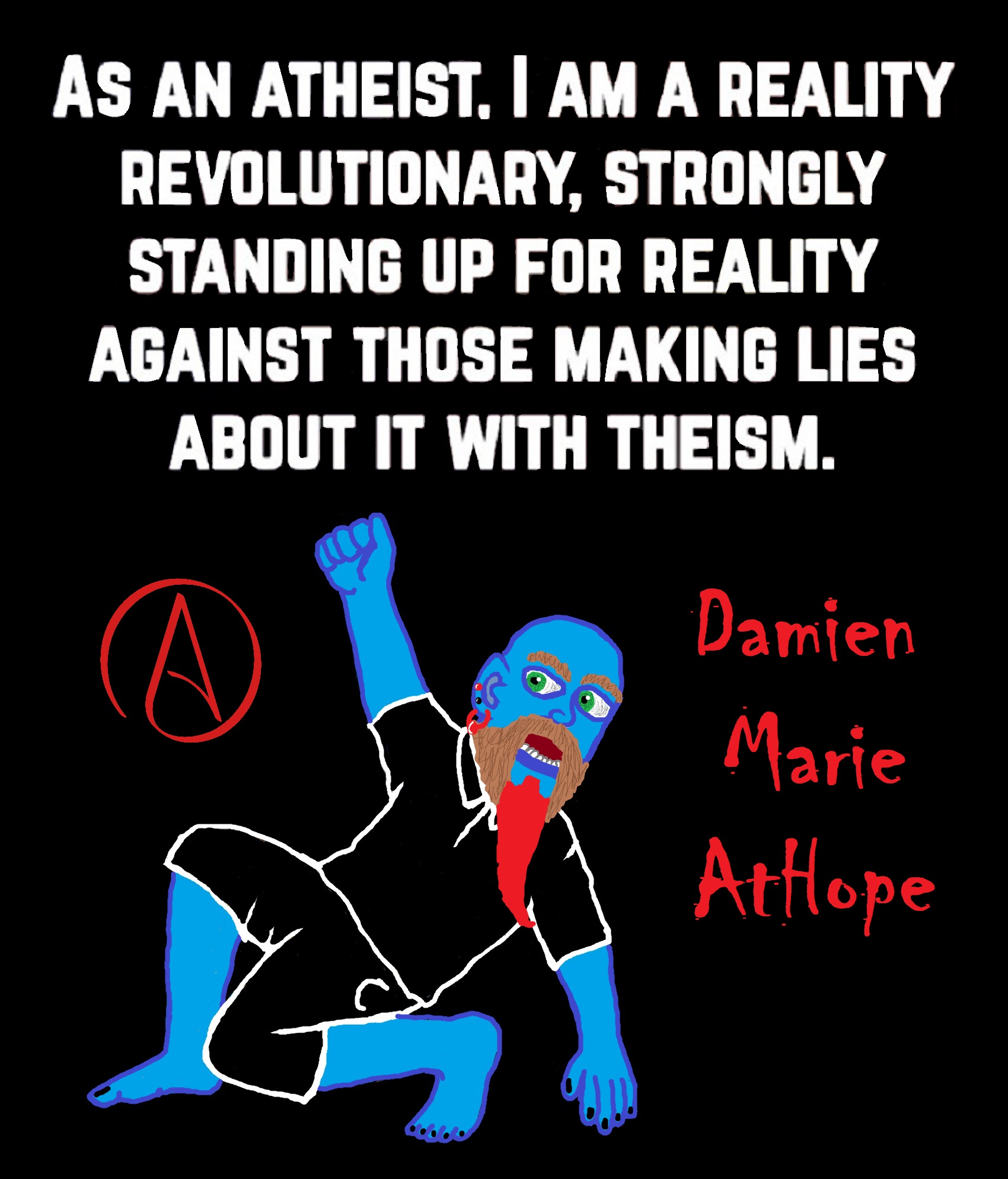
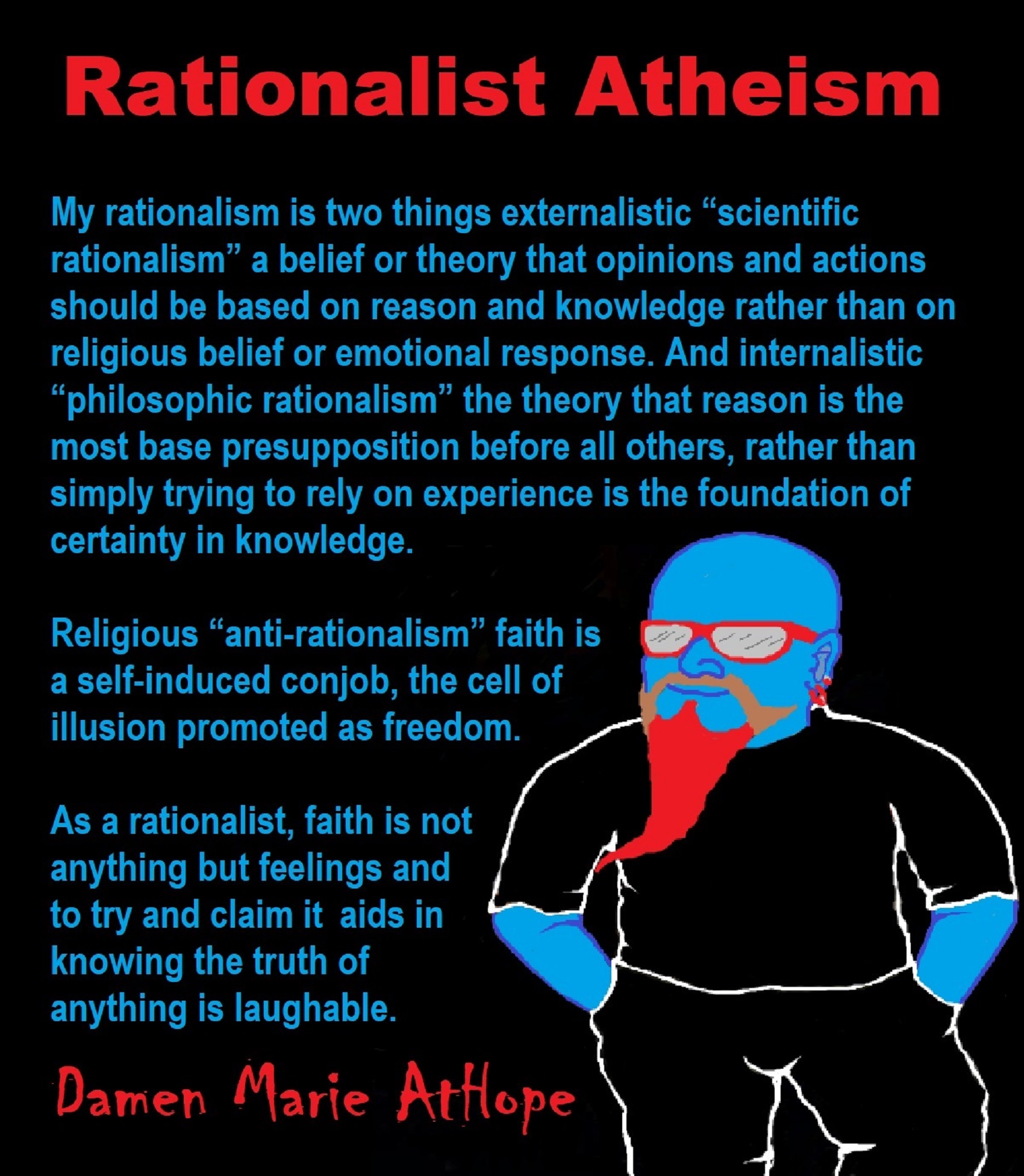
Rationalist Damien Marie AtHope
I like to say I am a rationalist, not a skeptic.
My Methodological Skepticism Style
It’s not that I do not value skepticism but I value methodological skepticism tool to minimize errors, not philosophic extreme unreasoned skepticism as my main way of being because in that I am a rationalist. Much of epistemology has arisen either in defense of or in opposition to, various forms of skepticism. The general forms of skepticism question our knowledge in many, if not all, domains in which we ordinarily think knowledge is possible.
Methodological Rationalism (Ontology, Epistemology, & Axiology) and Skepticism
Philosophical skepticism is distinguished from methodological skepticism in that philosophical skepticism is an approach that questions the possibility of certainty in knowledge, whereas methodological skepticism is an approach that subjects all knowledge claims to scrutiny with the goal of sorting out true from false claims. I see methodological skepticism also called scientific skepticism as a way to protect against or remove falsehoods or errors. I think skeptic whether philosophical skepticism or methodological skepticism a little of both or something skeptic in-between in the unbelief community is so overemphasized from a useful tool to instead a full way of being or a self title. I do not see it as a way of being for me. Skepticism is in no way a method to bring truth or new knowledge it is a knowledge negative not knowledge positive. To me, a good use of rationality is to test concepts with skeptical thinking to see if one has errors, then again use rationalism to clarify them and find true belief which is knowledge. Skepticism often holds a position of doubt, until proof but rationalism often holds a position of requires a reason to doubt. Such as I hear those who champion skepticism saying you must always reserve doubt unless you see or review the evidence. But if you say you have the planet Pluto in your pocket as a rationalist I understand this violates the natural world thus I can 100% discount this even without needing to look holds a position that the claim doesn’t hold reason to require any doubt. My choice to define as a rationalist atheist is in no way saying how others must think or define themselves. Here are my general thoughts on what is knowledge and truth as well as their relation to one another.
What is knowledge? Justified true belief = knowledge
So evidence, information, or thought must have merits, warrants, or justifications to attach a true belief which then we can, unless shown to be in error, offer conjecture regarding its status as knowledge. What is truth? Truth is a value judgment that we place on what we deem evidence or knowledge.
What is knowledge and truth in relation to one another? Justified True Belief = Knowledge = Truth
Atheistic Null Hypothesis: There is no God/Gods
The Justification Condition, Truth Condition, and Belief Condition
TheJustification Condition: I use “Reliabilism” is a general approach to epistemology that emphasizes the truth-conduciveness of a belief-forming process, method, or another epistemologically relevant factor. The reliability theme appears both in theories of knowledge and theories of justification. The TruthCondition: I use the “Correspondence Theory of Truth” states that the truth or falsity of a statement is determined only by how it relates to the world and whether it accurately describes (i.e., corresponds with) that world. The BeliefCondition: I use the “ethics of belief” the thinking governing our habits of belief formation, belief-maintenance, and belief-relinquishment. It is important to bear in mind that Justified True Belief, as presented here, is a generic analysis. It is intended to describe a general structuring which can absorb or generate comparatively specific analyses that might be suggested, either of all knowledge at once or particular kinds of knowledge. It provides a basic outline — a form — of a theory.
My Strongest Explicit Atheism “positive” / “strong” / “hard” atheists similar to Antitheist Atheism.
To me, beliefs should be formed after reason and evidence, beliefs should be altered if found somewhat contradictory to reason and evidence and removed if found disconnected to reason and evidence. Faith is the reason blindness of otherwise great thinkers, which is why I oppose faith so much. But hey, that’s just me some people don’t seem to require reason and evidence for or to keep beliefs and instead just use faith thus claiming to know things they do not know nor should feel justified to believe in. Lastly, although I consider myself a rationalist atheist and a truth seeker more than a skeptic atheist I at times may be skeptical as well depending on the situation or question. While I am all for being a truth seeker valuing the asking of rational or reasonable questions and accepting of only rational or reasonable answers using them to provide a basic outline of justified true belief which can be held as knowledge and thus embody the concept of truth, there also is a place to pause in our judgment when in doubt thus embody a being a skeptic atheist. As such I do not want to make it sound like truth seekers or rationalists would not say or think “I Don’t know” or not see this position as valuable or the best answer at times, because it may be. In fact, asserting “I Don’t know” as an answer is valuable when we experience uncertainty because often the most rational thing to say is “I Don’t know” and if we are highly unsure, deeply uninformed, or do not know something, skepticism is a good default position. As a rationalist atheist, when in doubt, applying skepticism at this point is also a highly rational position.
Certainly, it is more rational to be skeptical than trying to pretend to know something when you do not know or accept something on faith. Philosophical views are typically classed as skeptical when they involve advancing some degree of doubt regarding claims that are elsewhere taken for granted. Varieties of skepticism can be distinguished in two main ways, depending upon the focus and the extent of the doubt.
As regards the former, skeptical views typically have an epistemological form, in that they are focused on the epistemic status of certain beliefs. For example, one common variety of skepticism concerns our beliefs about the past and argues that such beliefs lack positive epistemic status – that they are not justified, or are not rational, or cannot constitute knowledge (and perhaps even all three). Where skepticism does not have this epistemological focus, then it tends to be of an ontological form in that it is directed at beliefs about the existence of some supposedly problematic entity, such as the self or God. Here the target of the skepticism is not so much one’s putative knowledge of these entities (though it may be that as well), but rather the claim that they exist at all.
Stanford Encyclopedia of Philosophy: Skepticism
Stanford Encyclopedia of Philosophy: Analysis of Knowledge
Stanford Encyclopedia of Philosophy: Reliabilism
Stanford Encyclopedia of Philosophy: The Correspondence Theory of Truth
Stanford Encyclopedia of Philosophy: Ethics of Belief
Internet Encyclopedia of Philosophy: Contemporary Skepticism
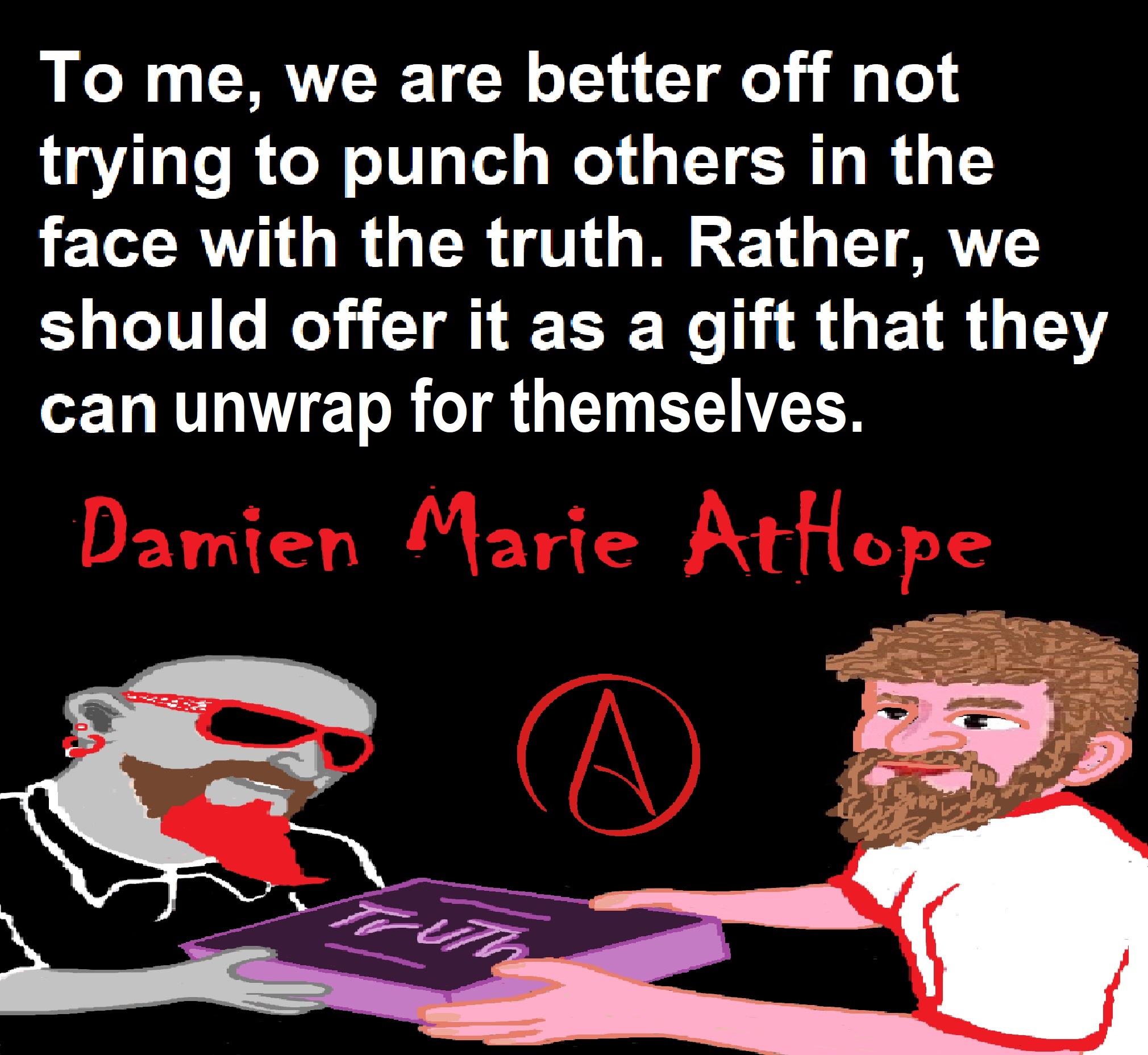
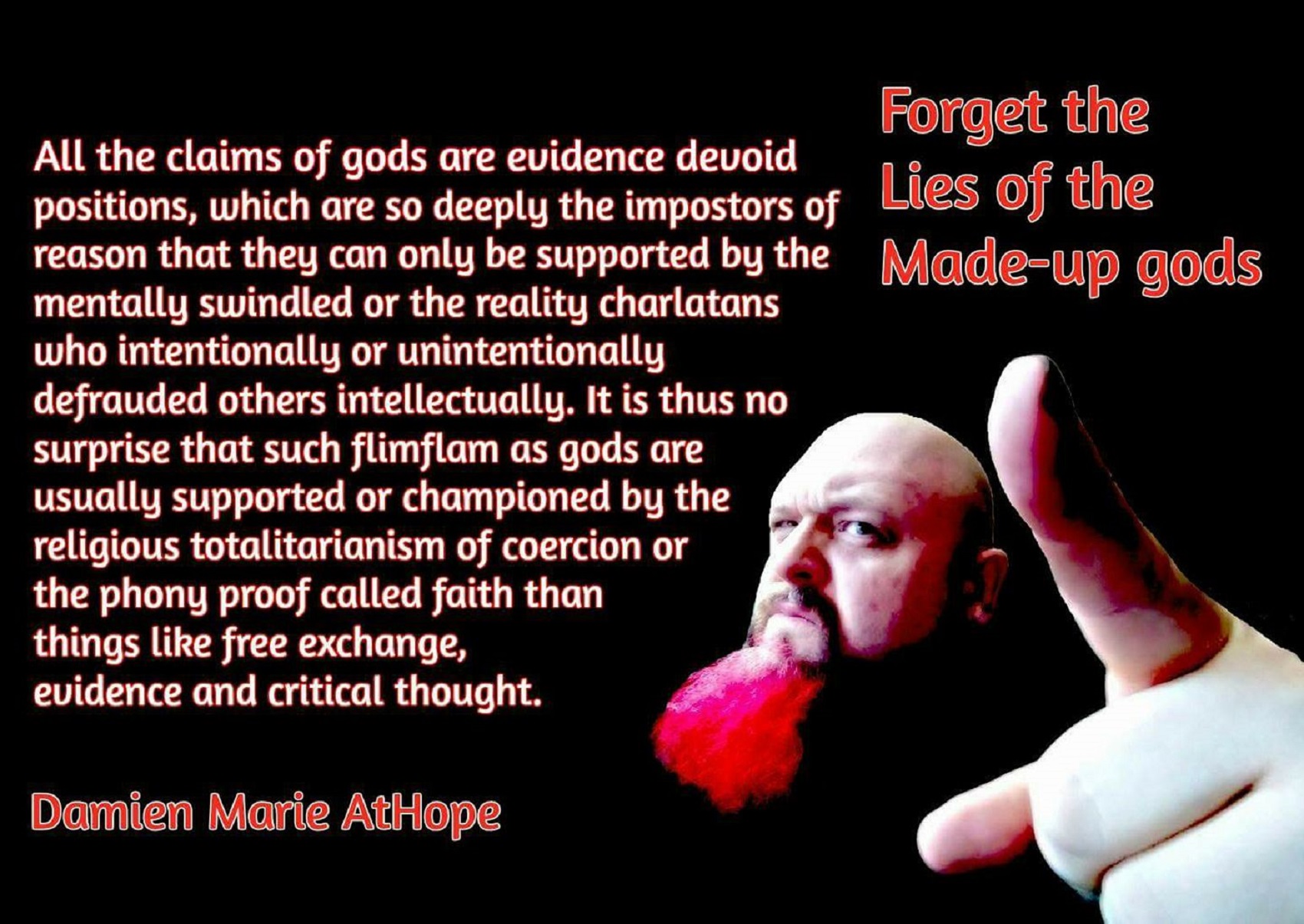
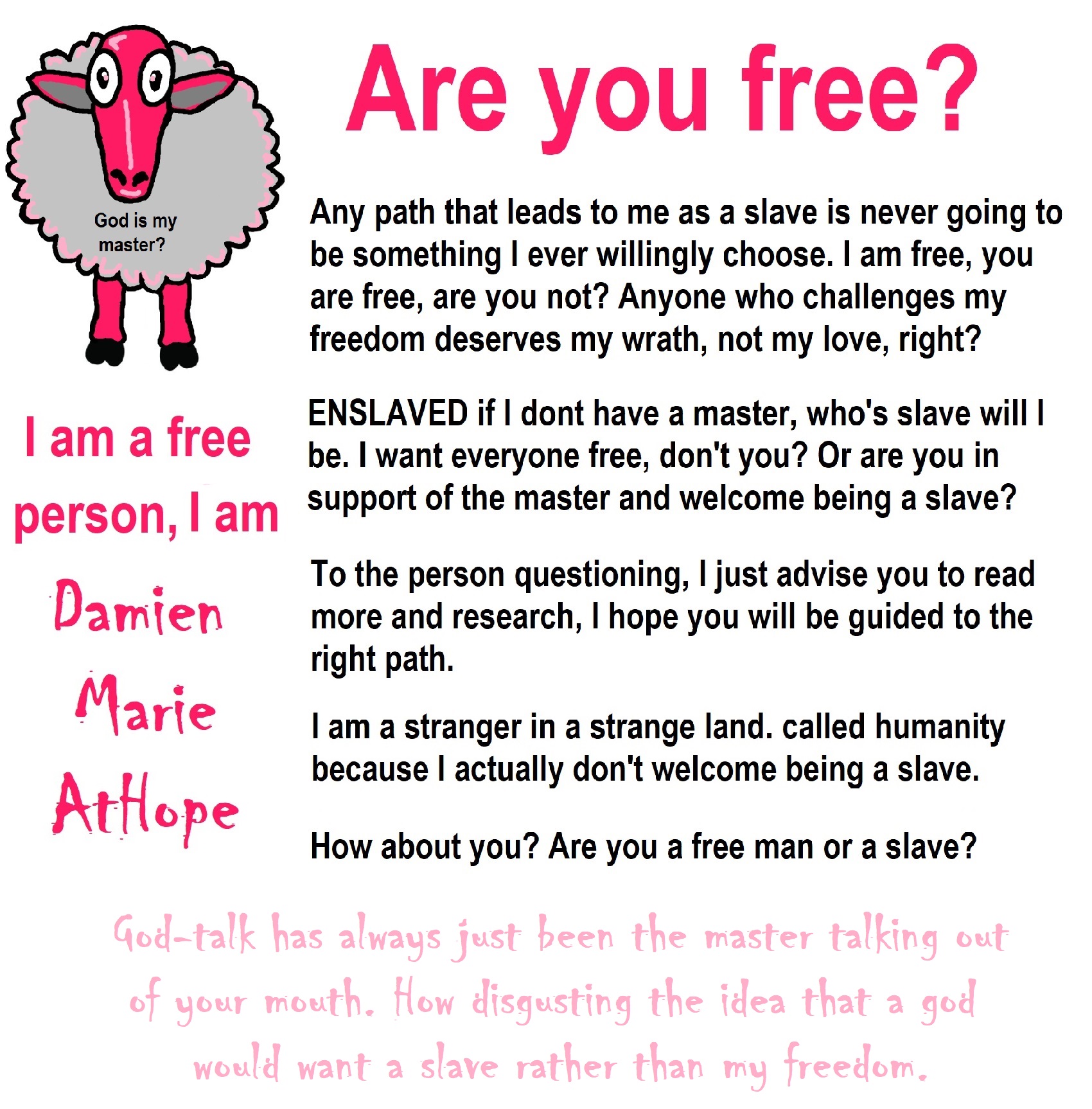

“Theists, there has to be a god, as something can not come from nothing.”
Well, thus something (unknown) happened and then there was something. This does not tell us what the something that may have been involved with something coming from nothing. A supposed first cause, thus something (unknown) happened and then there was something is not an open invitation to claim it as known, neither is it justified to call or label such an unknown as anything, especially an unsubstantiated magical thinking belief born of mythology and religious storytelling.


While hallucinogens are associated with shamanism, it is alcohol that is associated with paganism.
The Atheist-Humanist-Leftist Revolutionaries Shows in the prehistory series:
Show two: Pre-animism 300,000 years old and animism 100,000 years old: related to “Anarchism and Socialism”
Show tree: Totemism 50,000 years old: related to “Anarchism and Socialism”
Show four: Shamanism 30,000 years old: related to “Anarchism and Socialism”
Show five: Paganism 12,000 years old: related to “Anarchism and Socialism”
Show six: Emergence of hierarchy, sexism, slavery, and the new male god dominance: Paganism 7,000-5,000 years old: related to “Anarchism and Socialism” (Capitalism) (World War 0) Elite and their slaves!
Prehistory: related to “Anarchism and Socialism” the division of labor, power, rights, and recourses: VIDEO
Pre-animism 300,000 years old and animism 100,000 years old: related to “Anarchism and Socialism”: VIDEO
Totemism 50,000 years old: related to “Anarchism and Socialism”: VIDEO
Shamanism 30,000 years old: related to “Anarchism and Socialism”: VIDEO
Paganism 12,000 years old: related to “Anarchism and Socialism” (Pre-Capitalism): VIDEO
Paganism 7,000-5,000 years old: related to “Anarchism and Socialism” (Capitalism) (World War 0) Elite and their slaves: VIEDO
Paganism 5,000 years old: progressed organized religion and the state: related to “Anarchism and Socialism” (Kings and the Rise of the State): VIEDO
Paganism 4,000 years old: related to “Anarchism and Socialism” (First Moralistic gods, then the Origin time of Monotheism): VIEDO
I do not hate simply because I challenge and expose myths or lies any more than others being thought of as loving simply because of the protection and hiding from challenge their favored myths or lies.
The truth is best championed in the sunlight of challenge.
An archaeologist once said to me “Damien religion and culture are very different”
My response, So are you saying that was always that way, such as would you say Native Americans’ cultures are separate from their religions? And do you think it always was the way you believe?
I had said that religion was a cultural product. That is still how I see it and there are other archaeologists that think close to me as well. Gods too are the myths of cultures that did not understand science or the world around them, seeing magic/supernatural everywhere.
I personally think there is a goddess and not enough evidence to support a male god at Çatalhöyük but if there was both a male and female god and goddess then I know the kind of gods they were like Proto-Indo-European mythology.
This series idea was addressed in, Anarchist Teaching as Free Public Education or Free Education in the Public: VIDEO
Our 12 video series: Organized Oppression: Mesopotamian State Force and the Politics of power (9,000-4,000 years ago), is adapted from: The Complete and Concise History of the Sumerians and Early Bronze Age Mesopotamia (7000-2000 BC): https://www.youtube.com/watch?v=szFjxmY7jQA by “History with Cy“
Show #1: Mesopotamian State Force and the Politics of Power (Samarra, Halaf, Ubaid)
Show #2: Mesopotamian State Force and the Politics of Power
Show #3: Mesopotamian State Force and the Politics of Power (Uruk and the First Cities)
Show #4: Mesopotamian State Force and the Politics of Power (First Kings)
Show #5: Mesopotamian State Force and the Politics of Power (Early Dynastic Period)
Show #6: Mesopotamian State Force and the Politics of Power
Show #7: Mesopotamian State Force and the Politics of Power (Sargon and Akkadian Rule)
Show #9: Mesopotamian State Force and the Politics of Power (Gudea of Lagash and Utu-hegal)
Show #12: Mesopotamian State Force and the Politics of Power (Aftermath and Legacy of Sumer)

The “Atheist-Humanist-Leftist Revolutionaries”
Cory Johnston ☭ Ⓐ Atheist Leftist @Skepticallefty & I (Damien Marie AtHope) @AthopeMarie (my YouTube & related blog) are working jointly in atheist, antitheist, antireligionist, antifascist, anarchist, socialist, and humanist endeavors in our videos together, generally, every other Saturday.
Why Does Power Bring Responsibility?
Think, how often is it the powerless that start wars, oppress others, or commit genocide? So, I guess the question is to us all, to ask, how can power not carry responsibility in a humanity concept? I know I see the deep ethical responsibility that if there is power their must be a humanistic responsibility of ethical and empathic stewardship of that power. Will I be brave enough to be kind? Will I possess enough courage to be compassionate? Will my valor reach its height of empathy? I as everyone, earns our justified respect by our actions, that are good, ethical, just, protecting, and kind. Do I have enough self-respect to put my love for humanity’s flushing, over being brought down by some of its bad actors? May we all be the ones doing good actions in the world, to help human flourishing.
I create the world I want to live in, striving for flourishing. Which is not a place but a positive potential involvement and promotion; a life of humanist goal precision. To master oneself, also means mastering positive prosocial behaviors needed for human flourishing. I may have lost a god myth as an atheist, but I am happy to tell you, my friend, it is exactly because of that, leaving the mental terrorizer, god belief, that I truly regained my connected ethical as well as kind humanity.
Cory and I will talk about prehistory and theism, addressing the relevance to atheism, anarchism, and socialism.
At the same time as the rise of the male god, 7,000 years ago, there was also the very time there was the rise of violence, war, and clans to kingdoms, then empires, then states. It is all connected back to 7,000 years ago, and it moved across the world.
Cory Johnston: https://damienmarieathope.com/2021/04/cory-johnston-mind-of-a-skeptical-leftist/?v=32aec8db952d
The Mind of a Skeptical Leftist (YouTube)
Cory Johnston: Mind of a Skeptical Leftist @Skepticallefty
The Mind of a Skeptical Leftist By Cory Johnston: “Promoting critical thinking, social justice, and left-wing politics by covering current events and talking to a variety of people. Cory Johnston has been thoughtfully talking to people and attempting to promote critical thinking, social justice, and left-wing politics.” http://anchor.fm/skepticalleft
Cory needs our support. We rise by helping each other.
Cory Johnston ☭ Ⓐ @Skepticallefty Evidence-based atheist leftist (he/him) Producer, host, and co-host of 4 podcasts @skeptarchy @skpoliticspod and @AthopeMarie
Damien Marie AtHope (“At Hope”) Axiological Atheist, Anti-theist, Anti-religionist, Secular Humanist. Rationalist, Writer, Artist, Poet, Philosopher, Advocate, Activist, Psychology, and Armchair Archaeology/Anthropology/Historian.
Damien is interested in: Freedom, Liberty, Justice, Equality, Ethics, Humanism, Science, Atheism, Antiteism, Antireligionism, Ignosticism, Left-Libertarianism, Anarchism, Socialism, Mutualism, Axiology, Metaphysics, LGBTQI, Philosophy, Advocacy, Activism, Mental Health, Psychology, Archaeology, Social Work, Sexual Rights, Marriage Rights, Woman’s Rights, Gender Rights, Child Rights, Secular Rights, Race Equality, Ageism/Disability Equality, Etc. And a far-leftist, “Anarcho-Humanist.”
I am not a good fit in the atheist movement that is mostly pro-capitalist, I am anti-capitalist. Mostly pro-skeptic, I am a rationalist not valuing skepticism. Mostly pro-agnostic, I am anti-agnostic. Mostly limited to anti-Abrahamic religions, I am an anti-religionist.
To me, the “male god” seems to have either emerged or become prominent around 7,000 years ago, whereas the now favored monotheism “male god” is more like 4,000 years ago or so. To me, the “female goddess” seems to have either emerged or become prominent around 11,000-10,000 years ago or so, losing the majority of its once prominence around 2,000 years ago due largely to the now favored monotheism “male god” that grow in prominence after 4,000 years ago or so.
My Thought on the Evolution of Gods?
Animal protector deities from old totems/spirit animal beliefs come first to me, 13,000/12,000 years ago, then women as deities 11,000/10,000 years ago, then male gods around 7,000/8,000 years ago. Moralistic gods around 5,000/4,000 years ago, and monotheistic gods around 4,000/3,000 years ago.
To me, animal gods were likely first related to totemism animals around 13,000 to 12,000 years ago or older. Female as goddesses was next to me, 11,000 to 10,000 years ago or so with the emergence of agriculture. Then male gods come about 8,000 to 7,000 years ago with clan wars. Many monotheism-themed religions started in henotheism, emerging out of polytheism/paganism.
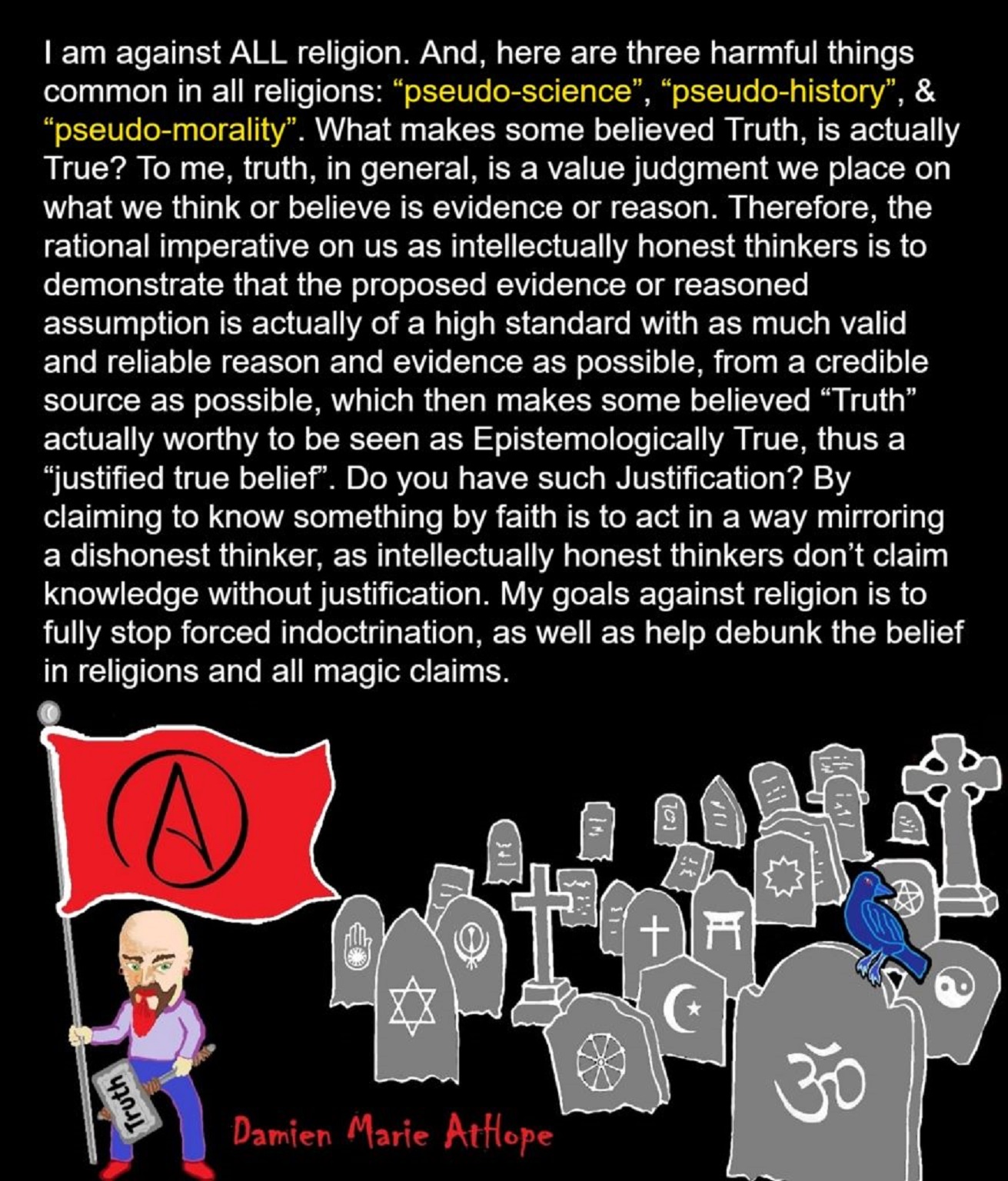

Damien Marie AtHope (Said as “At” “Hope”)/(Autodidact Polymath but not good at math):
Axiological Atheist, Anti-theist, Anti-religionist, Secular Humanist, Rationalist, Writer, Artist, Jeweler, Poet, “autodidact” Philosopher, schooled in Psychology, and “autodidact” Armchair Archaeology/Anthropology/Pre-Historian (Knowledgeable in the range of: 1 million to 5,000/4,000 years ago). I am an anarchist socialist politically. Reasons for or Types of Atheism
My Website, My Blog, & Short-writing or Quotes, My YouTube, Twitter: @AthopeMarie, and My Email: damien.marie.athope@gmail.com

